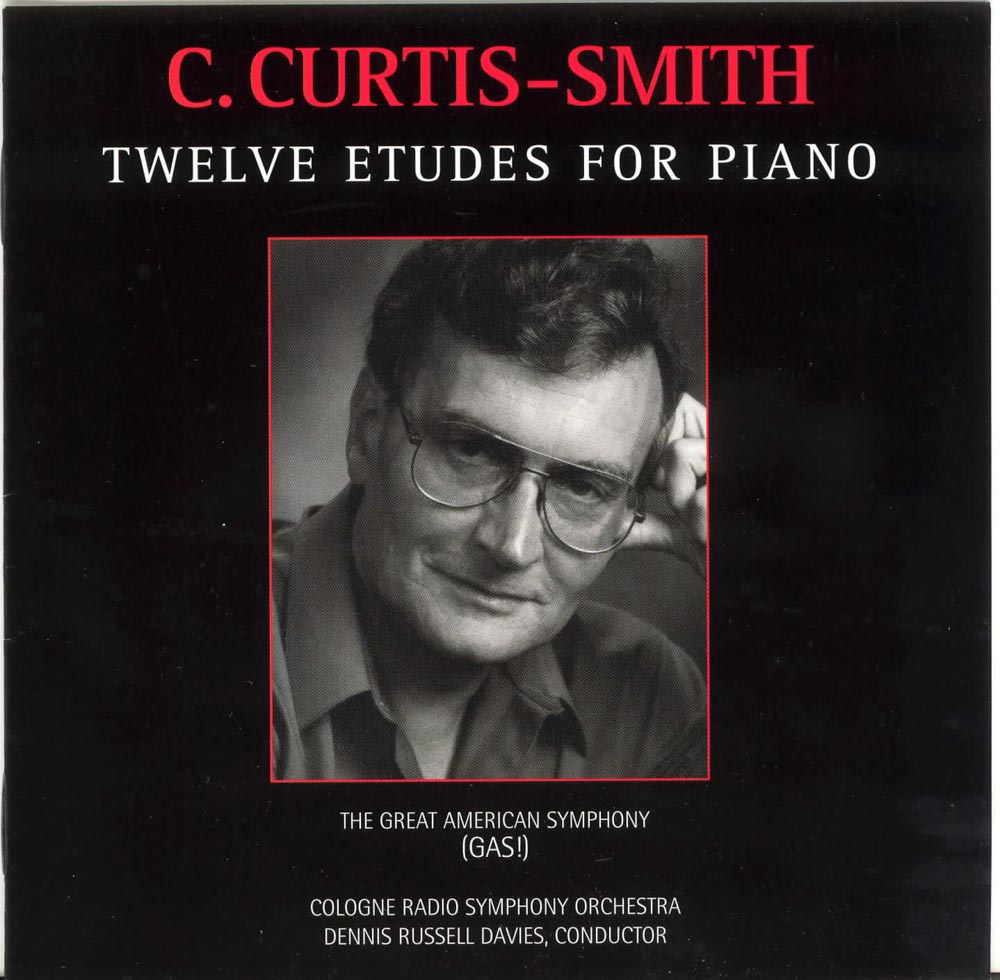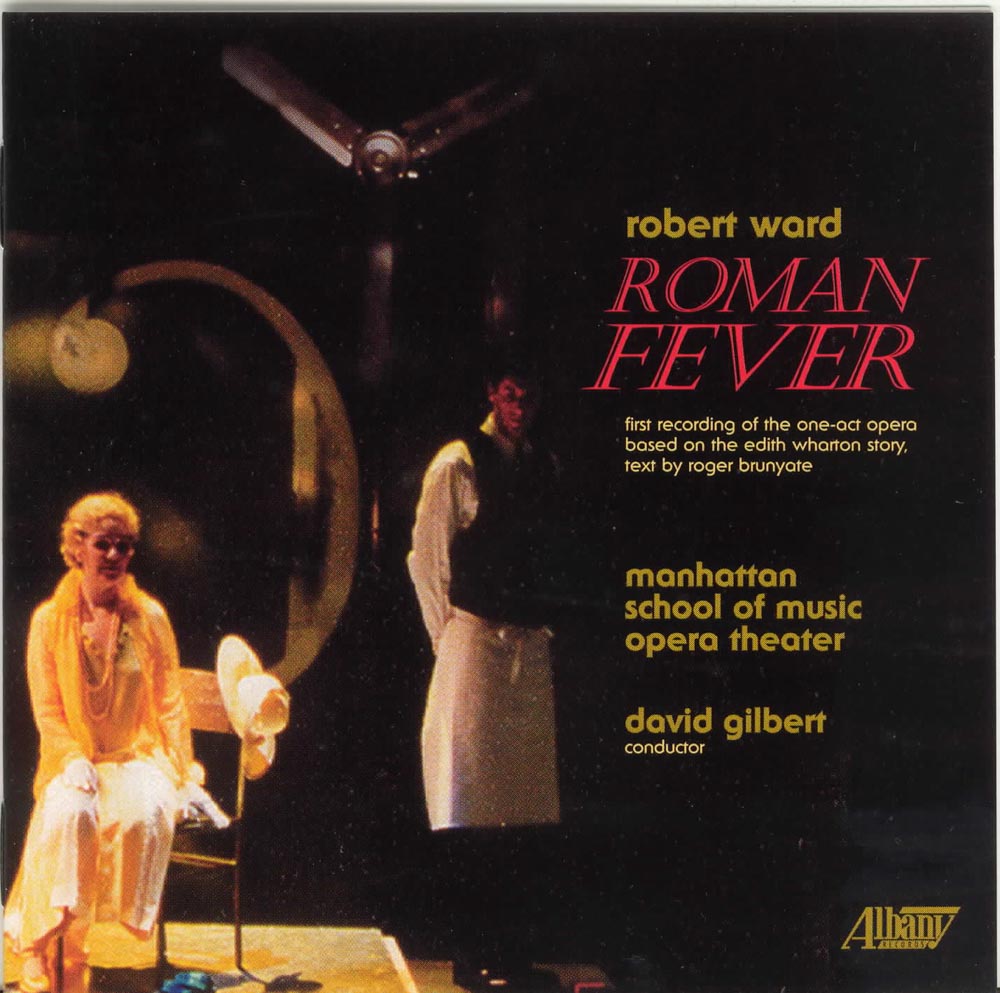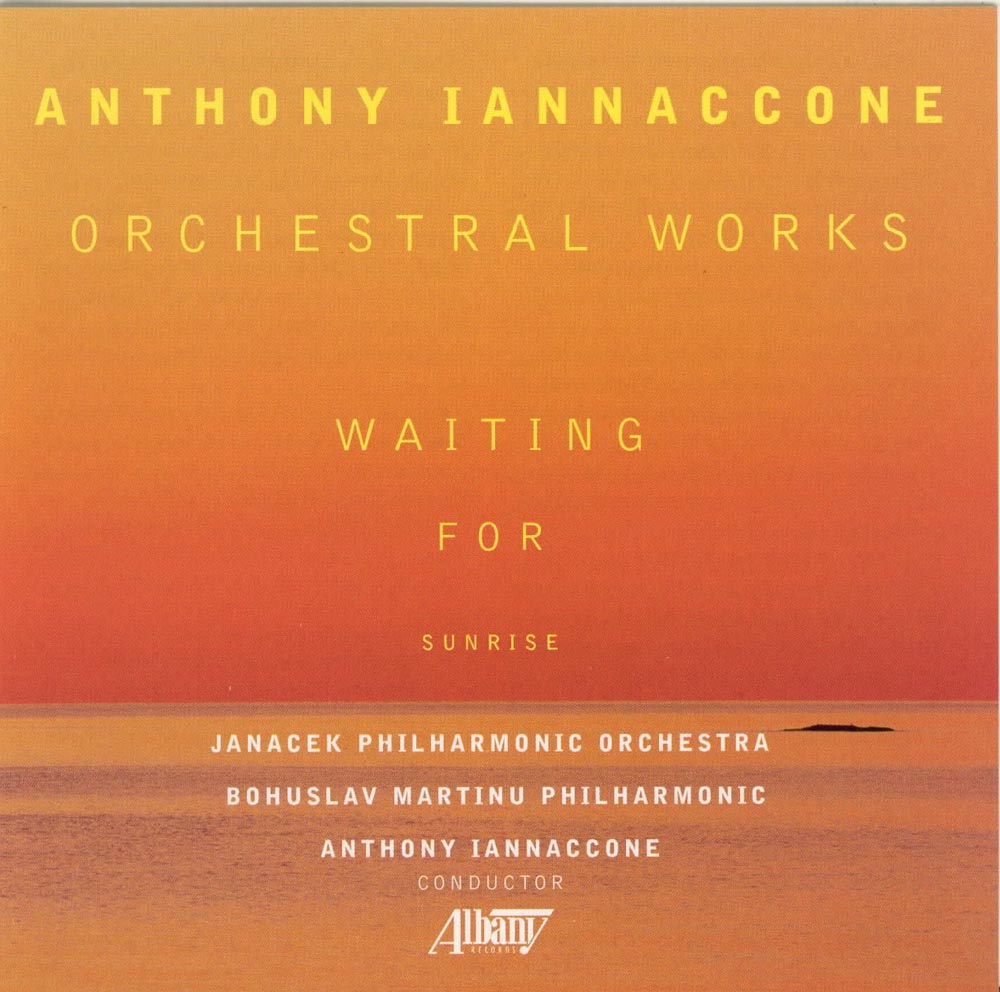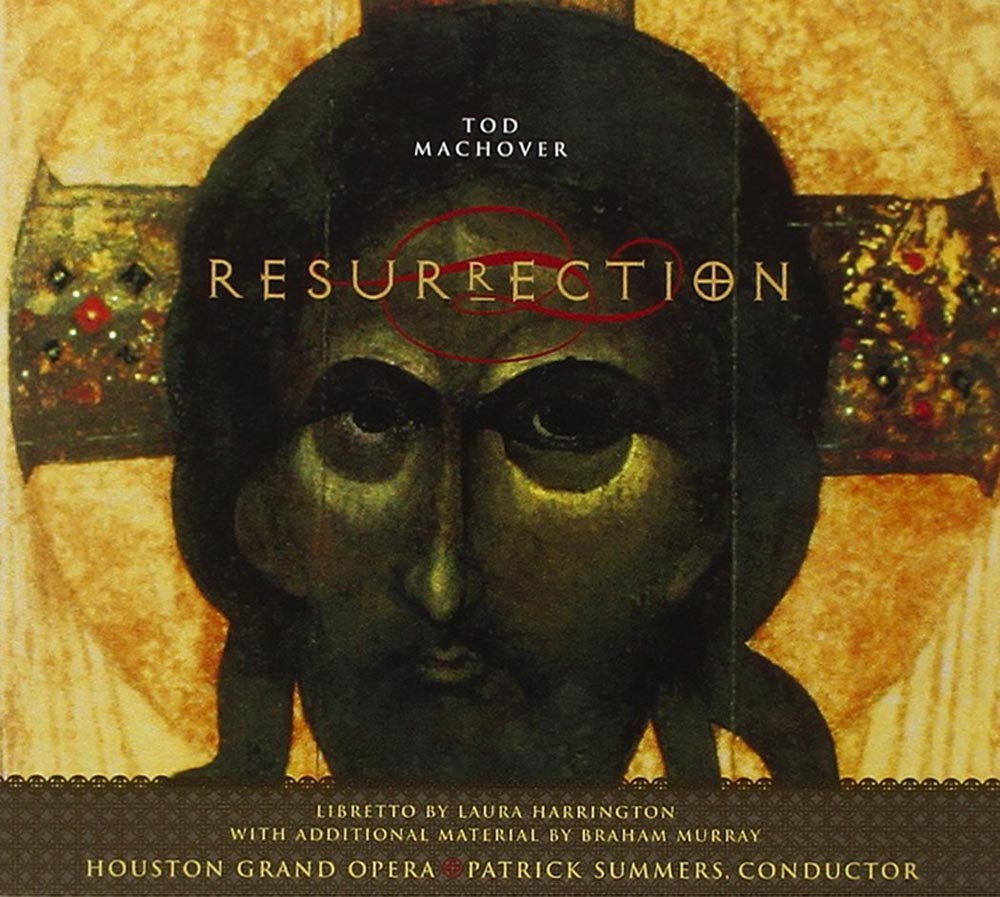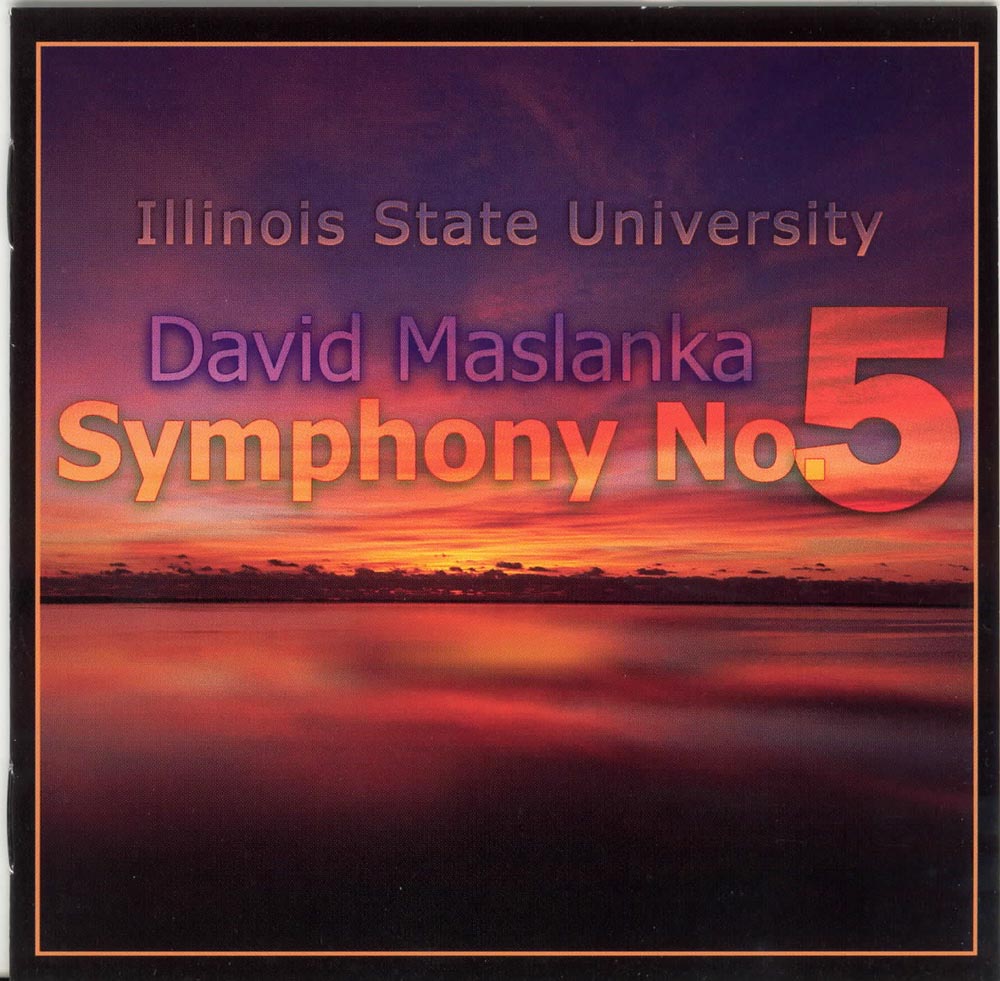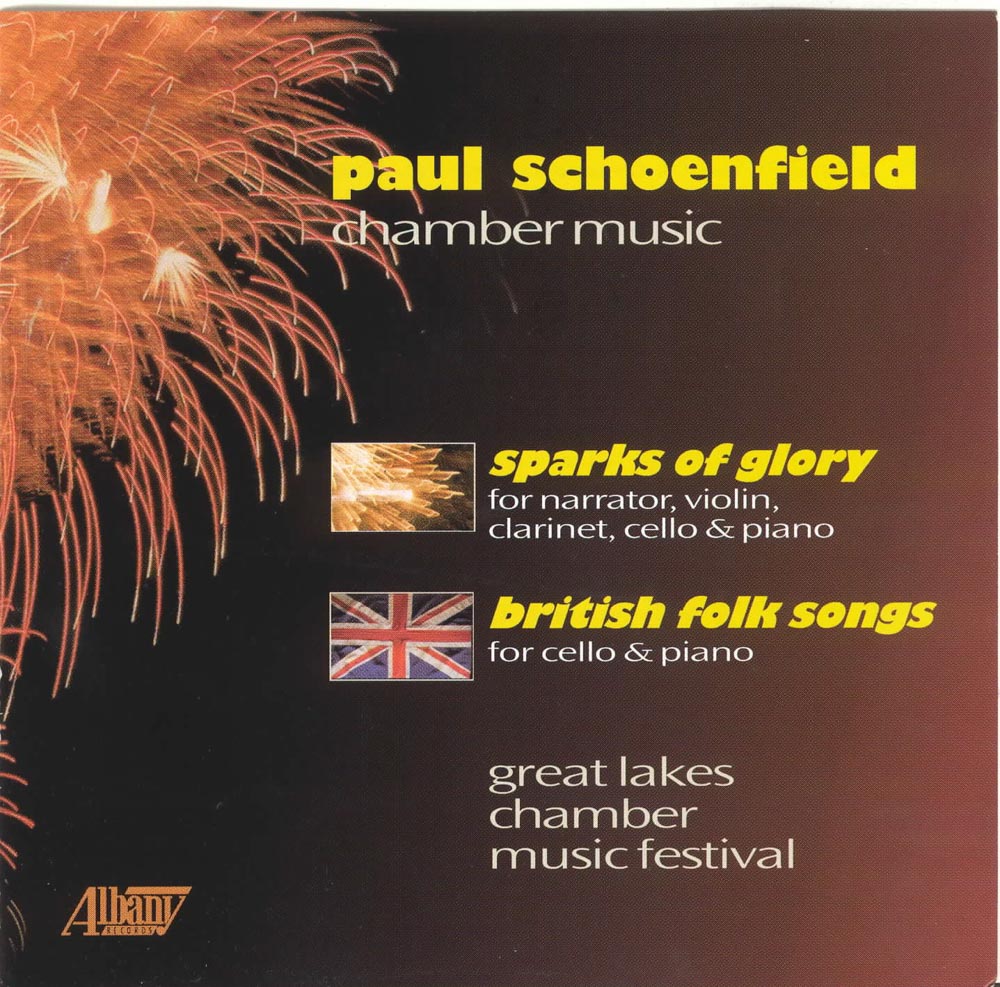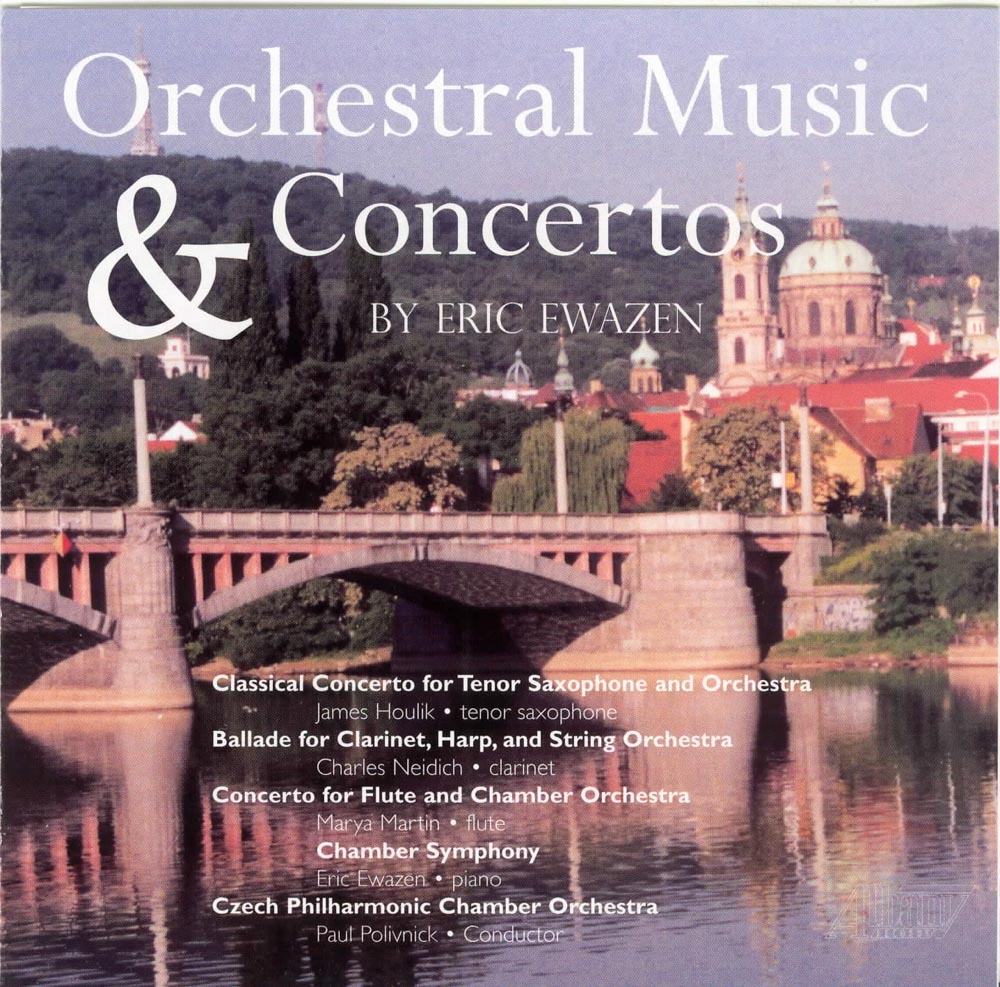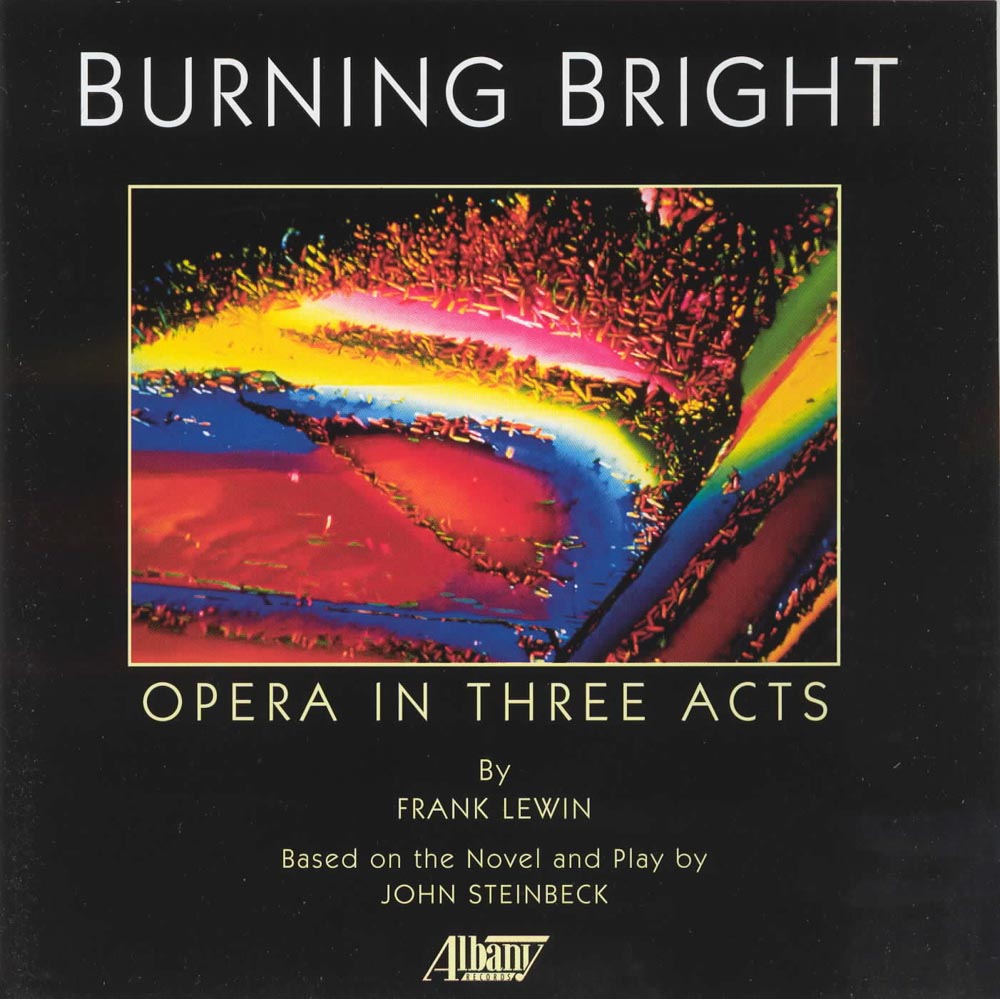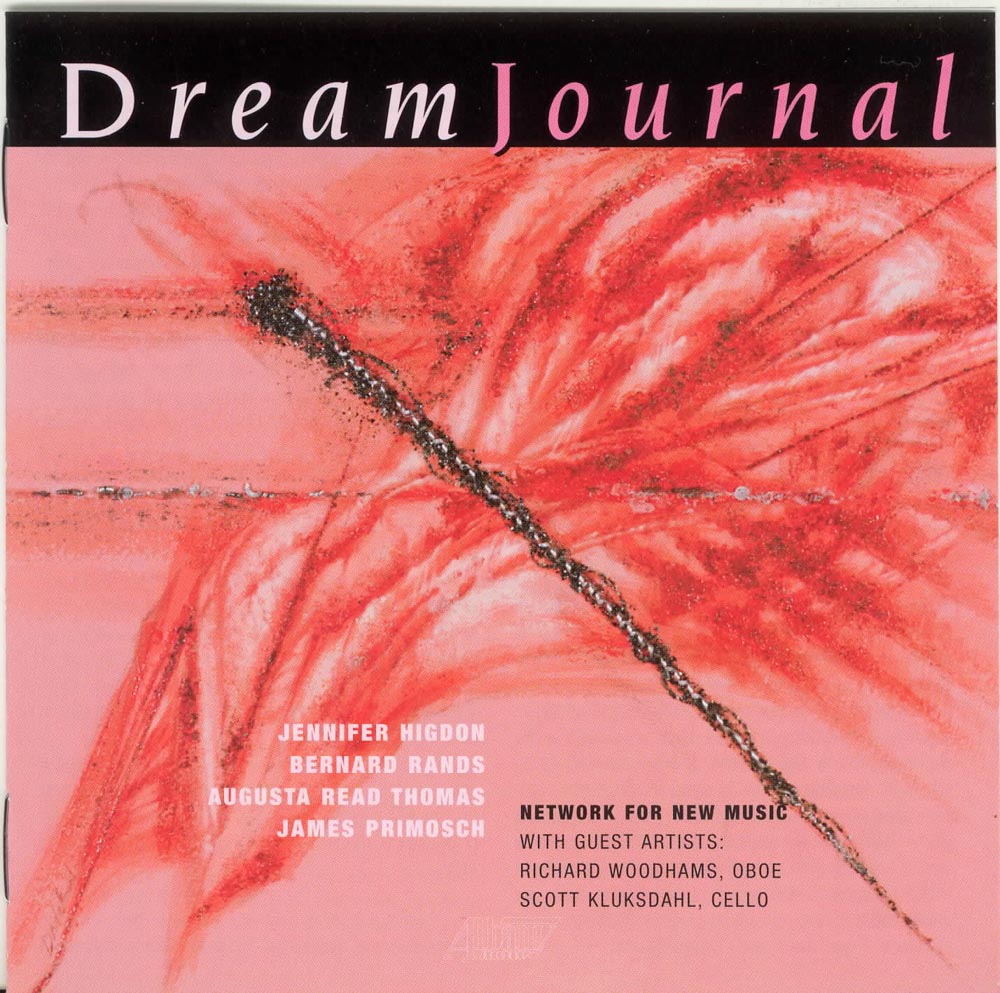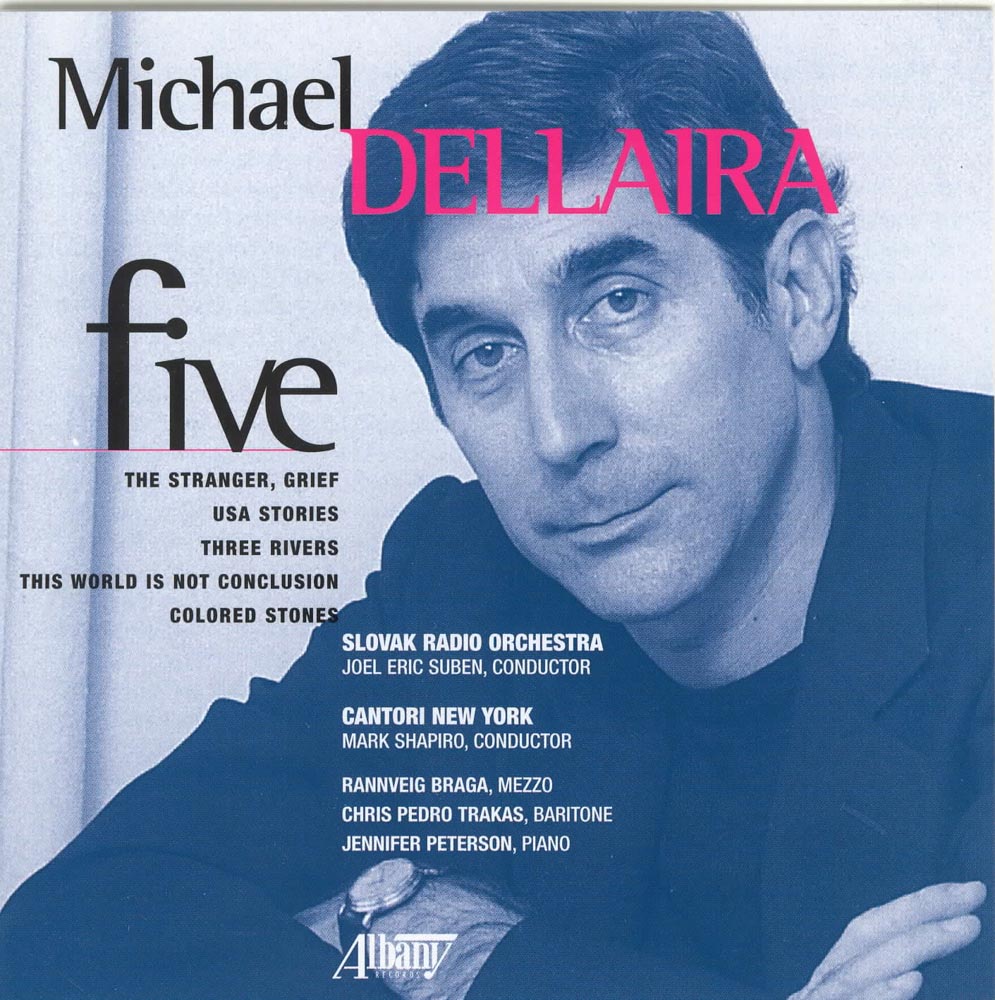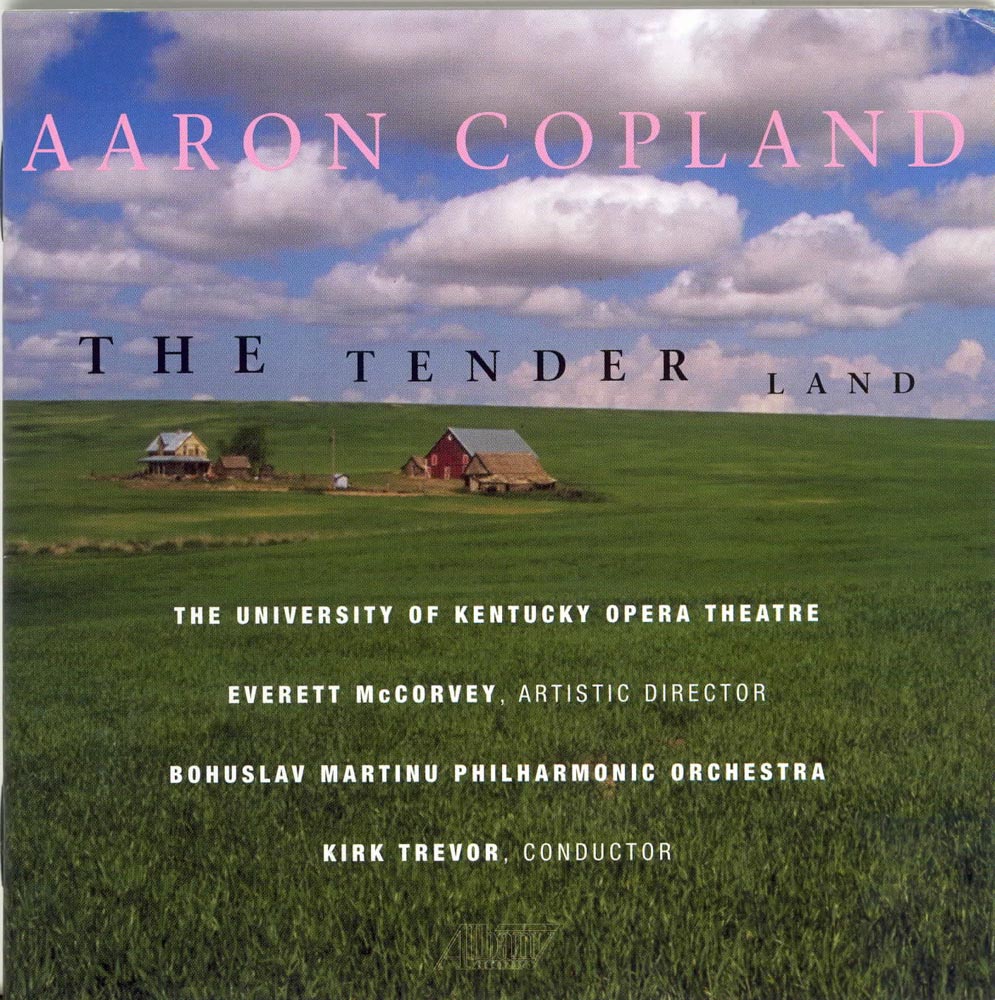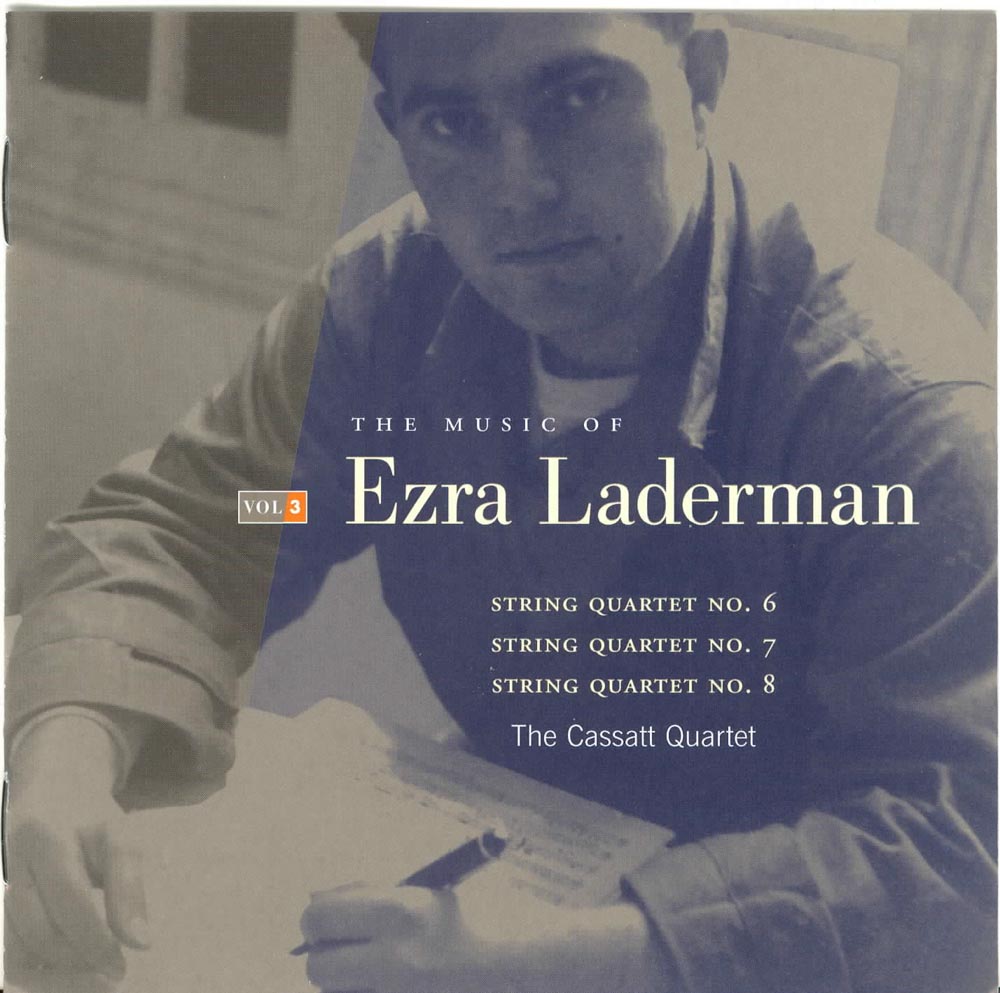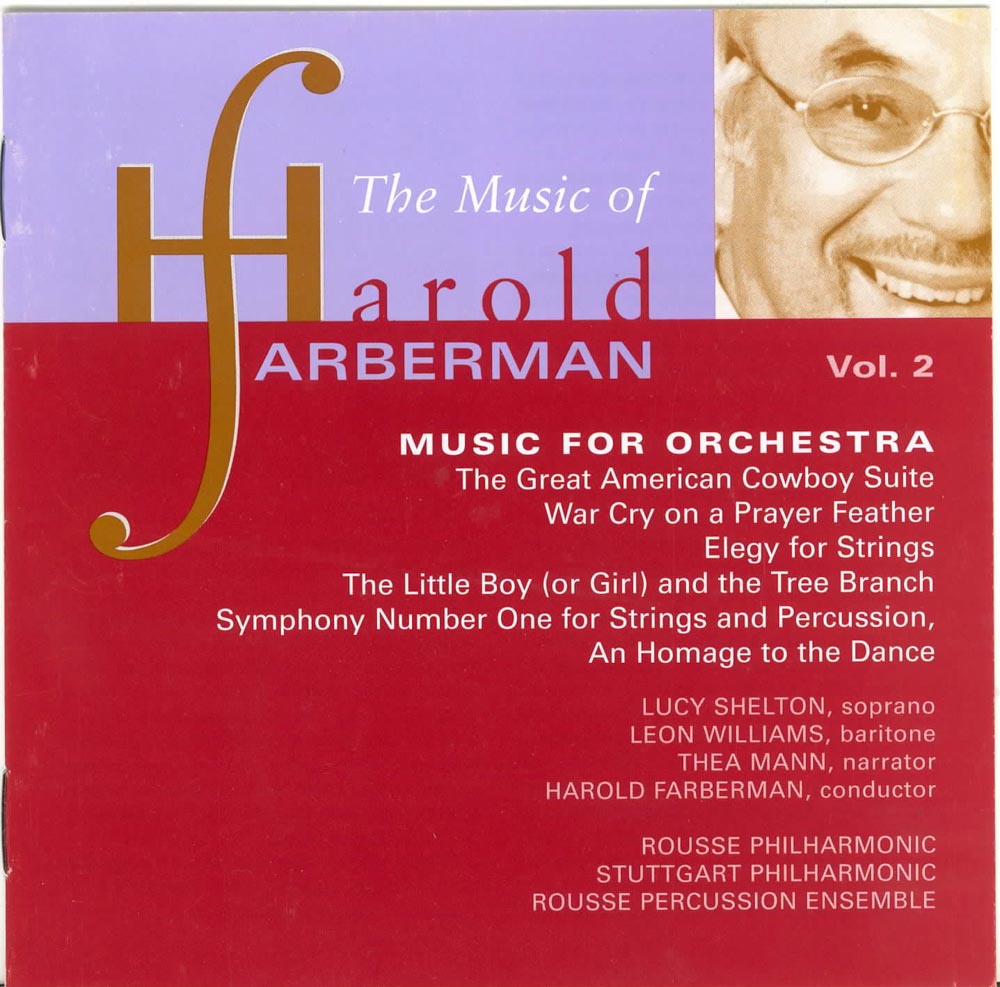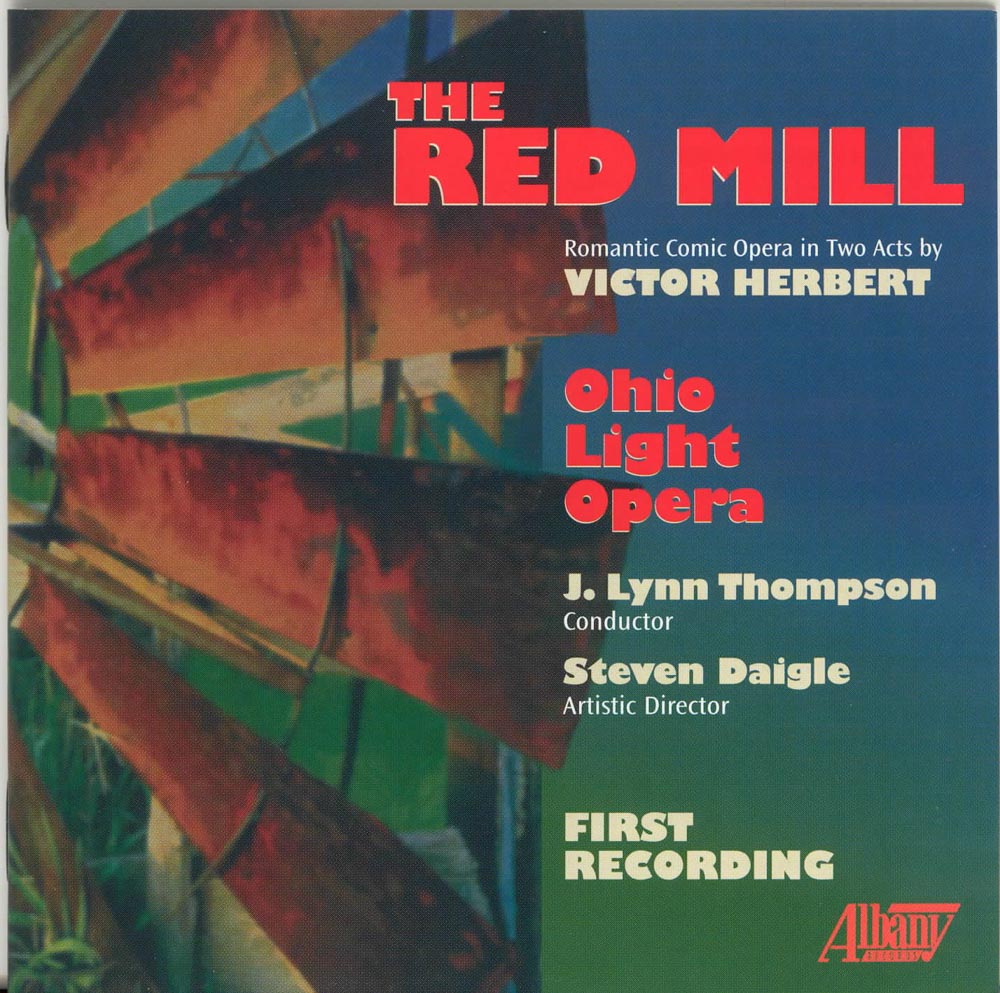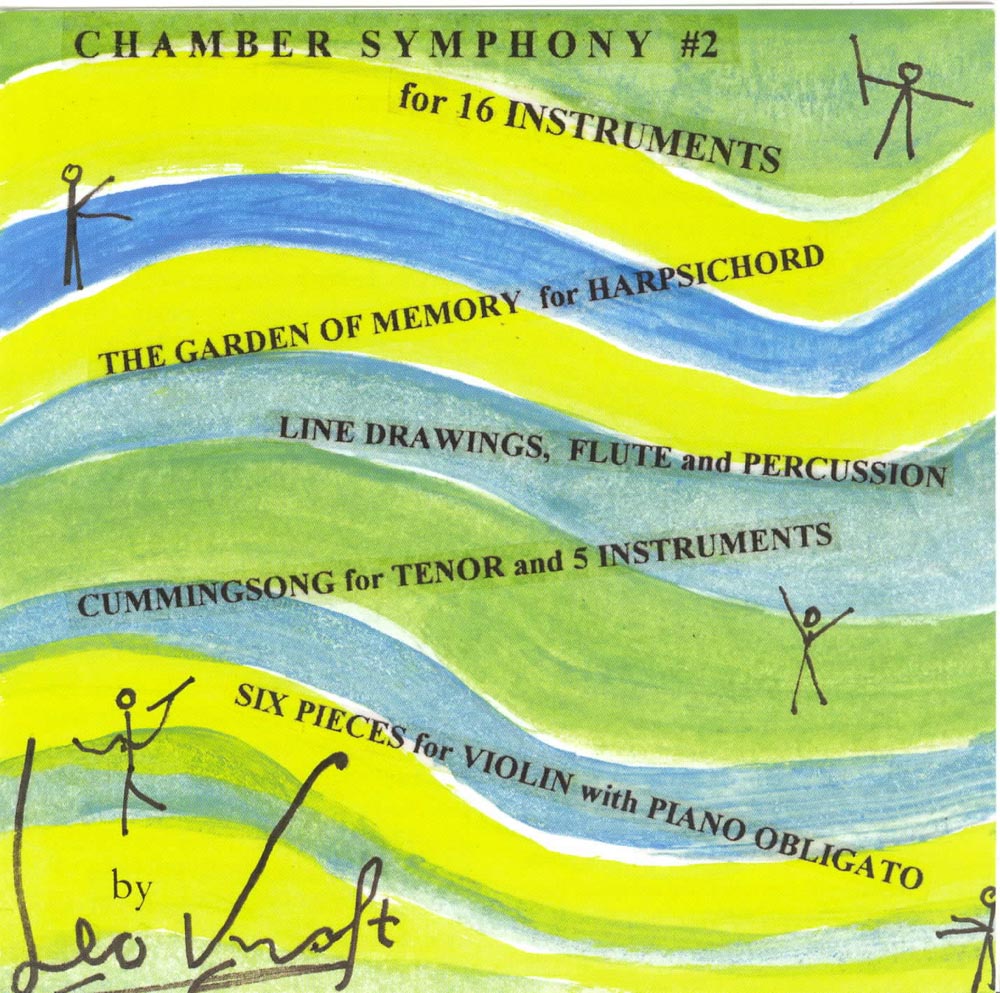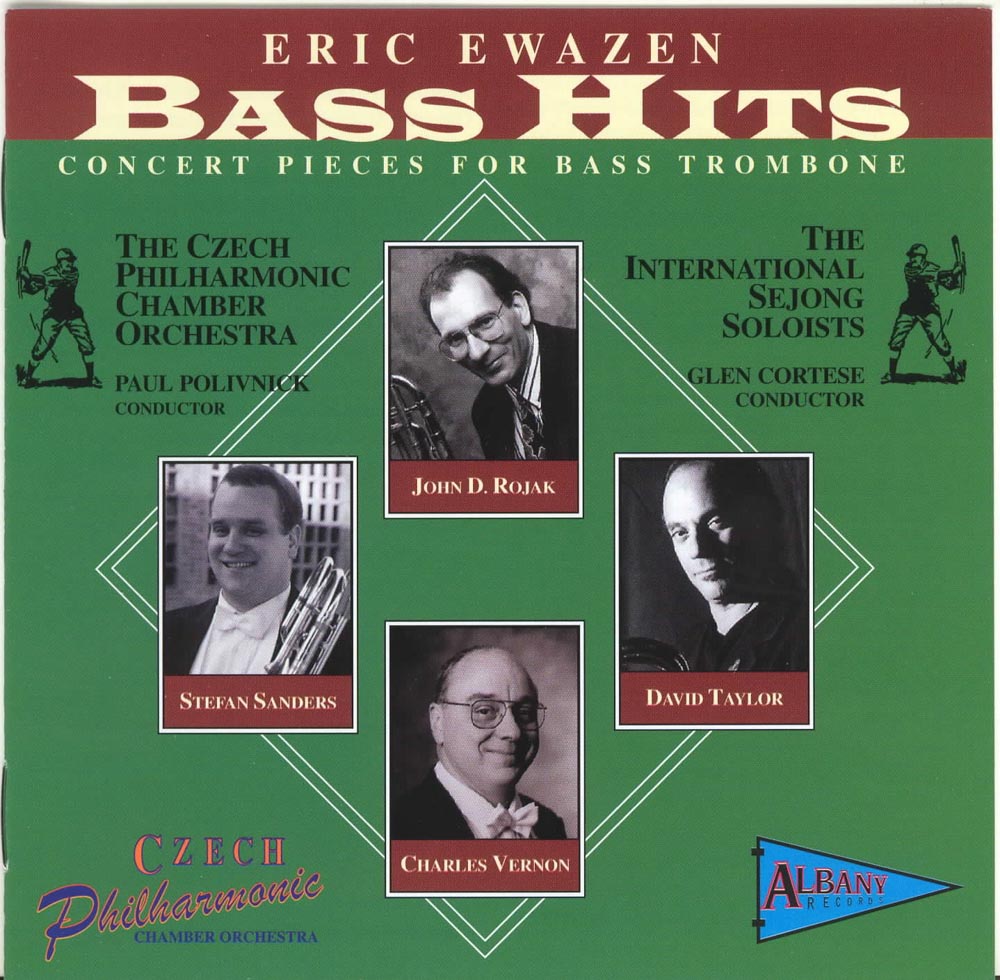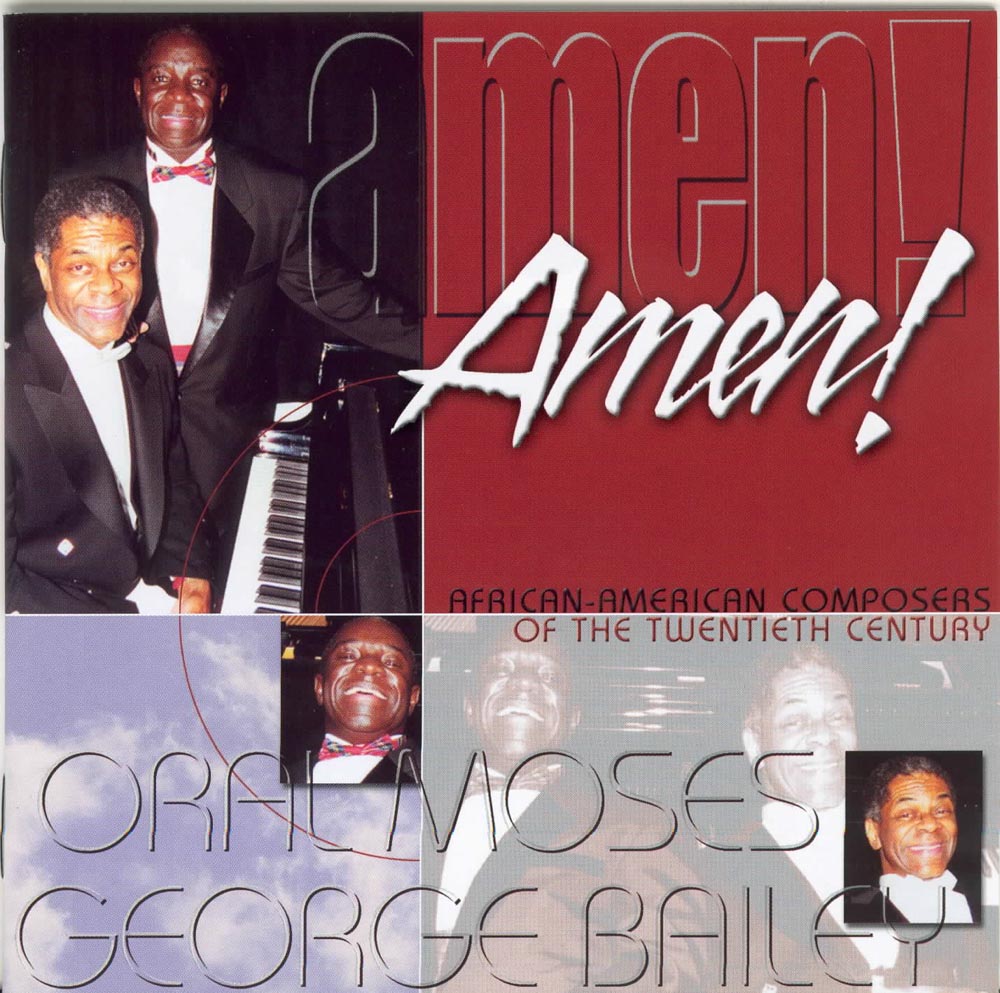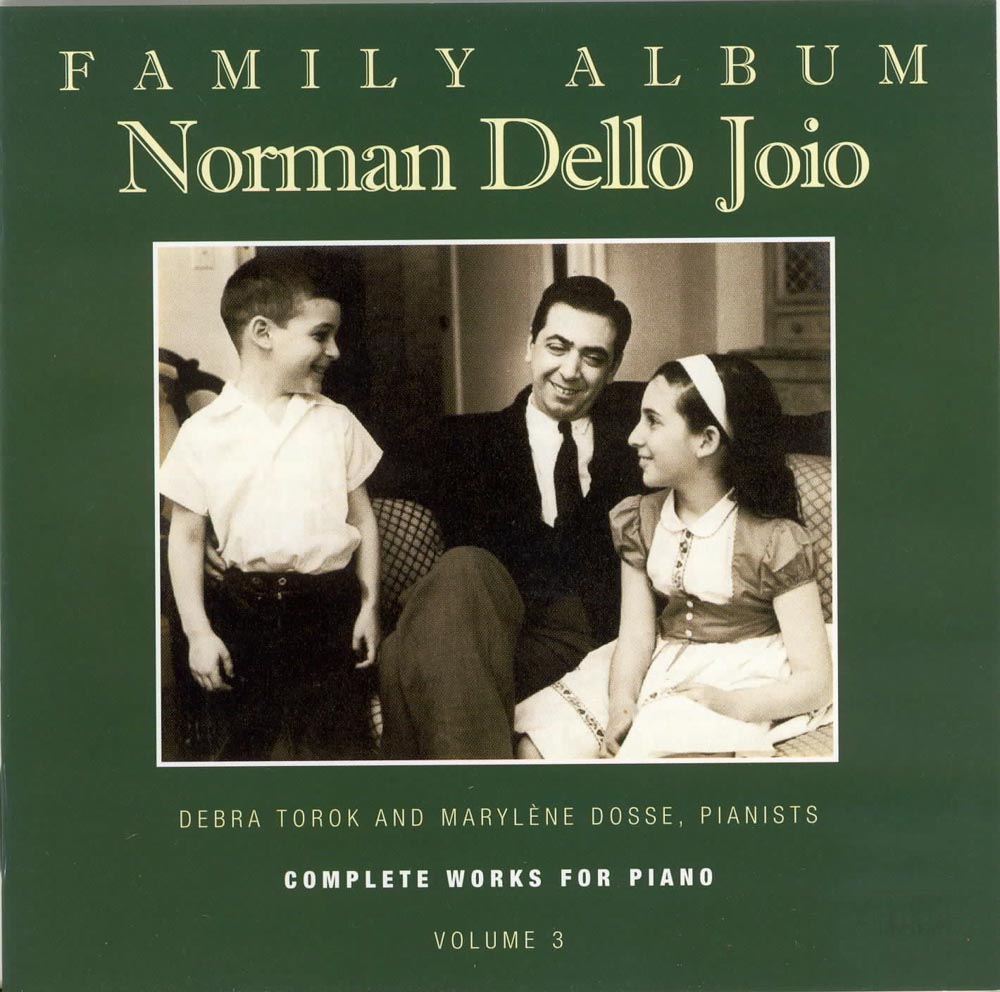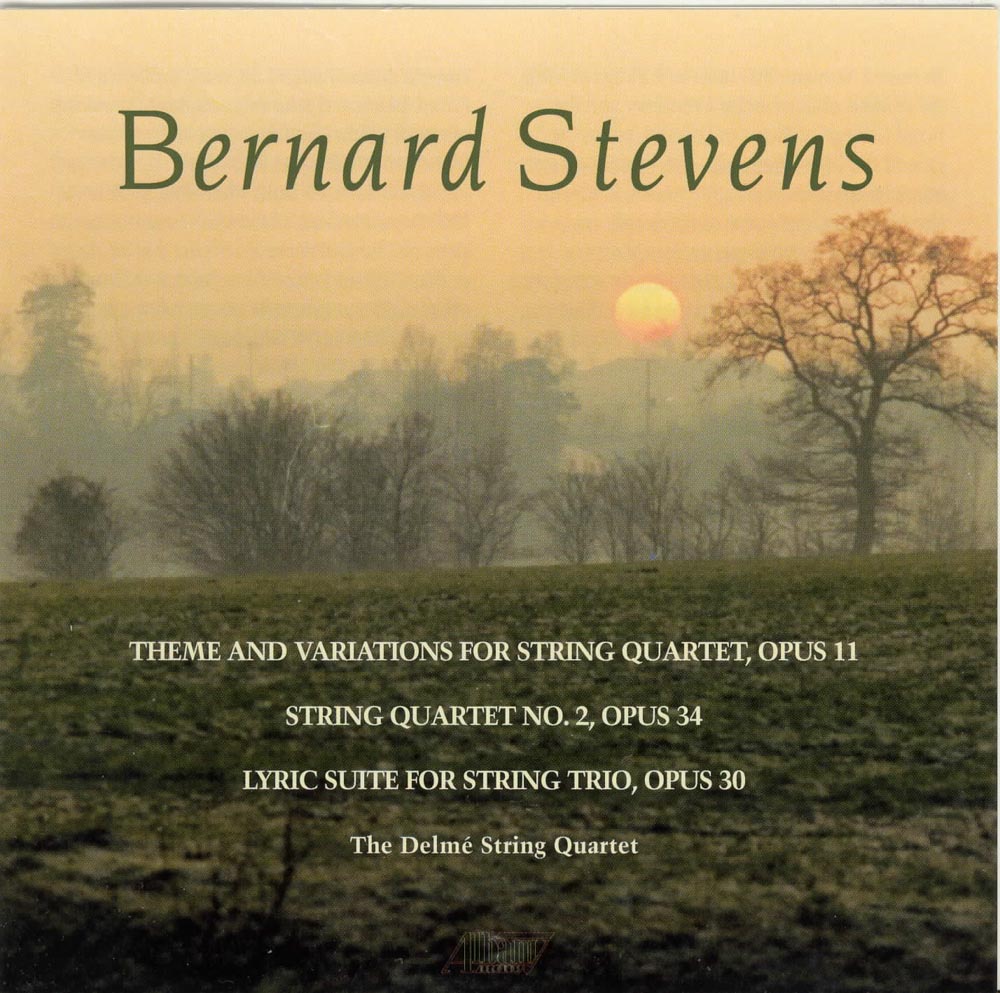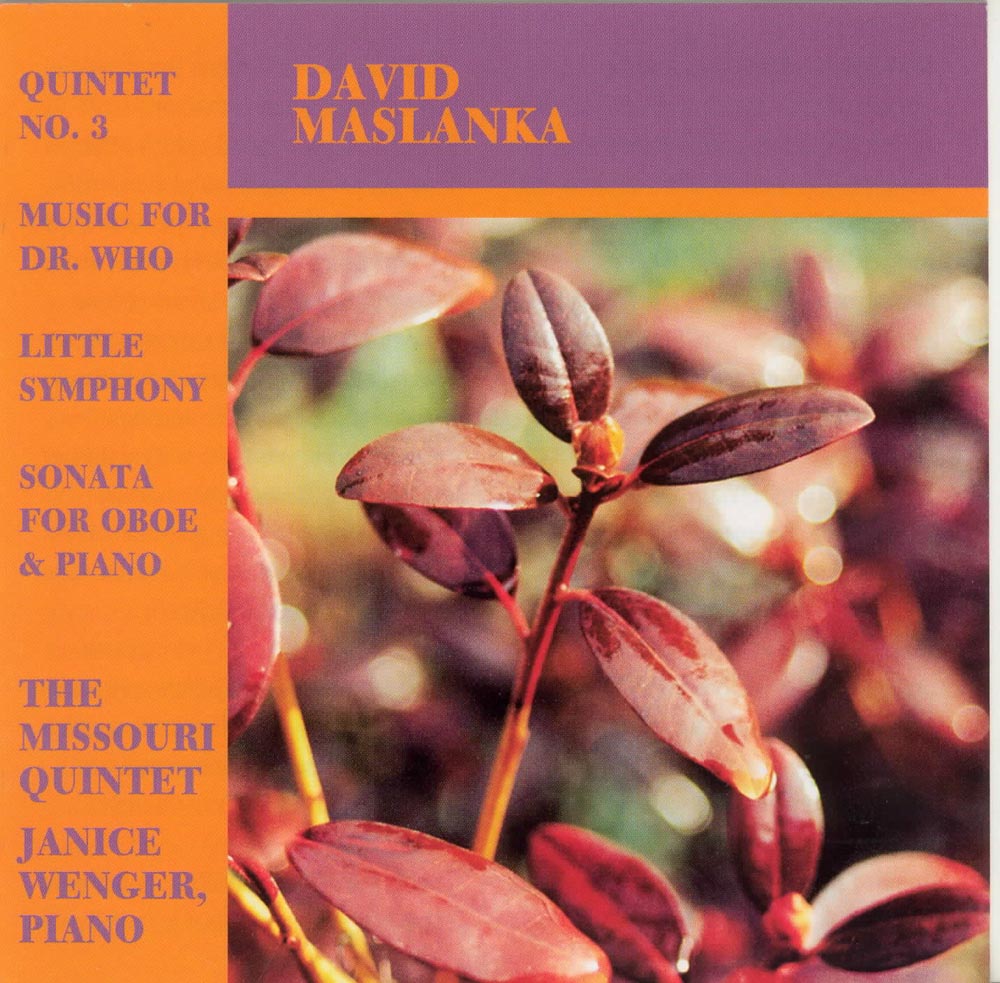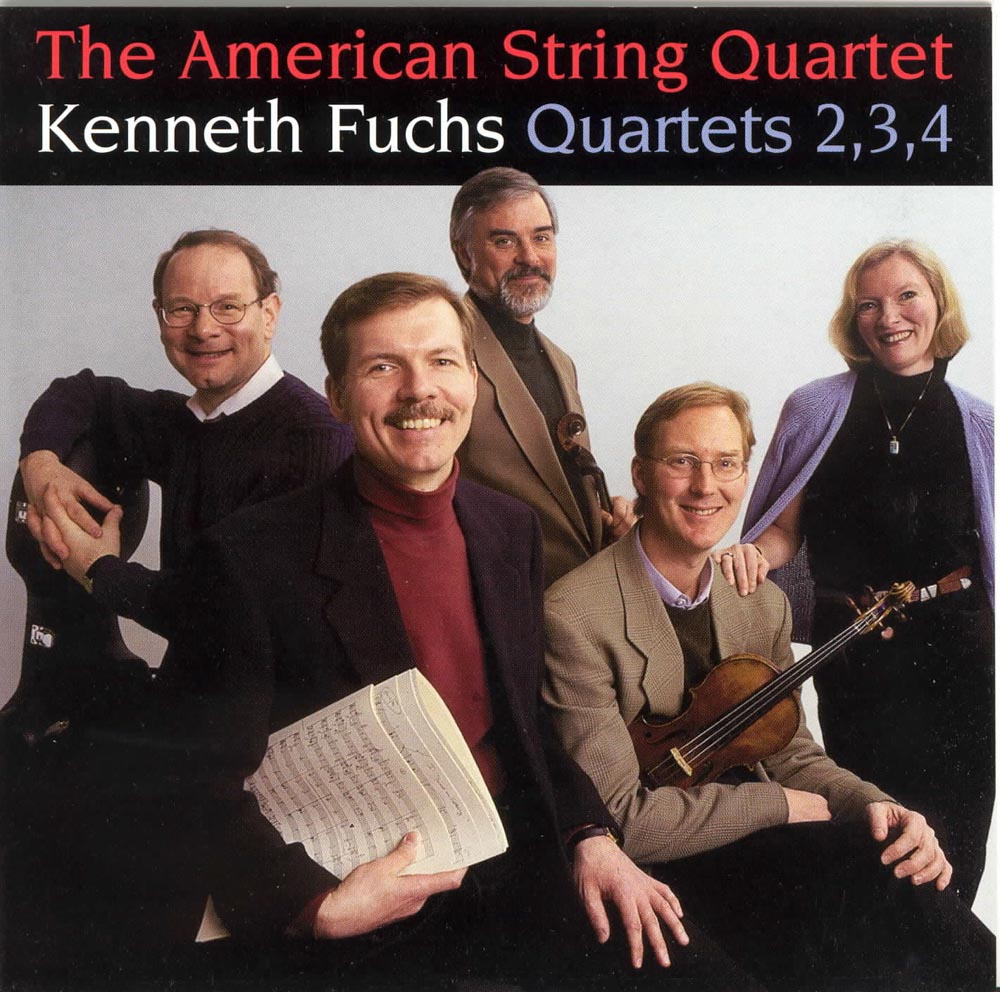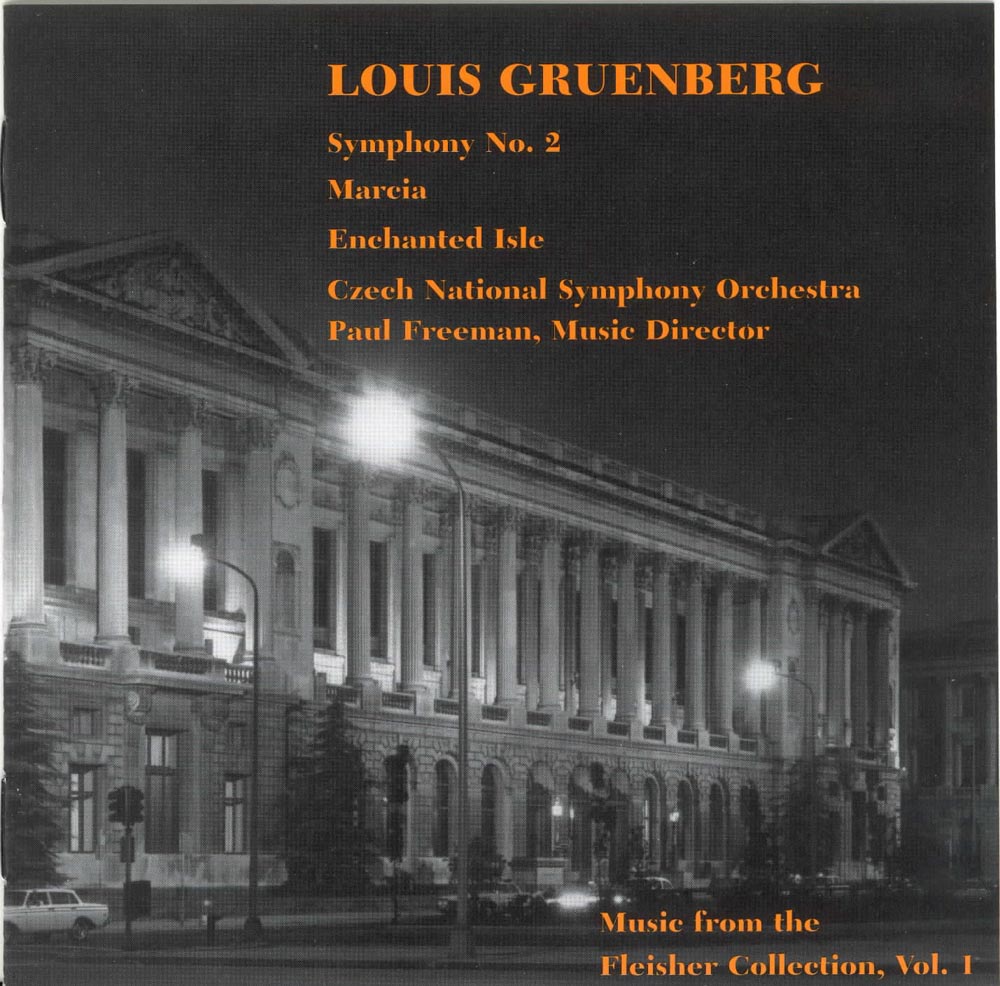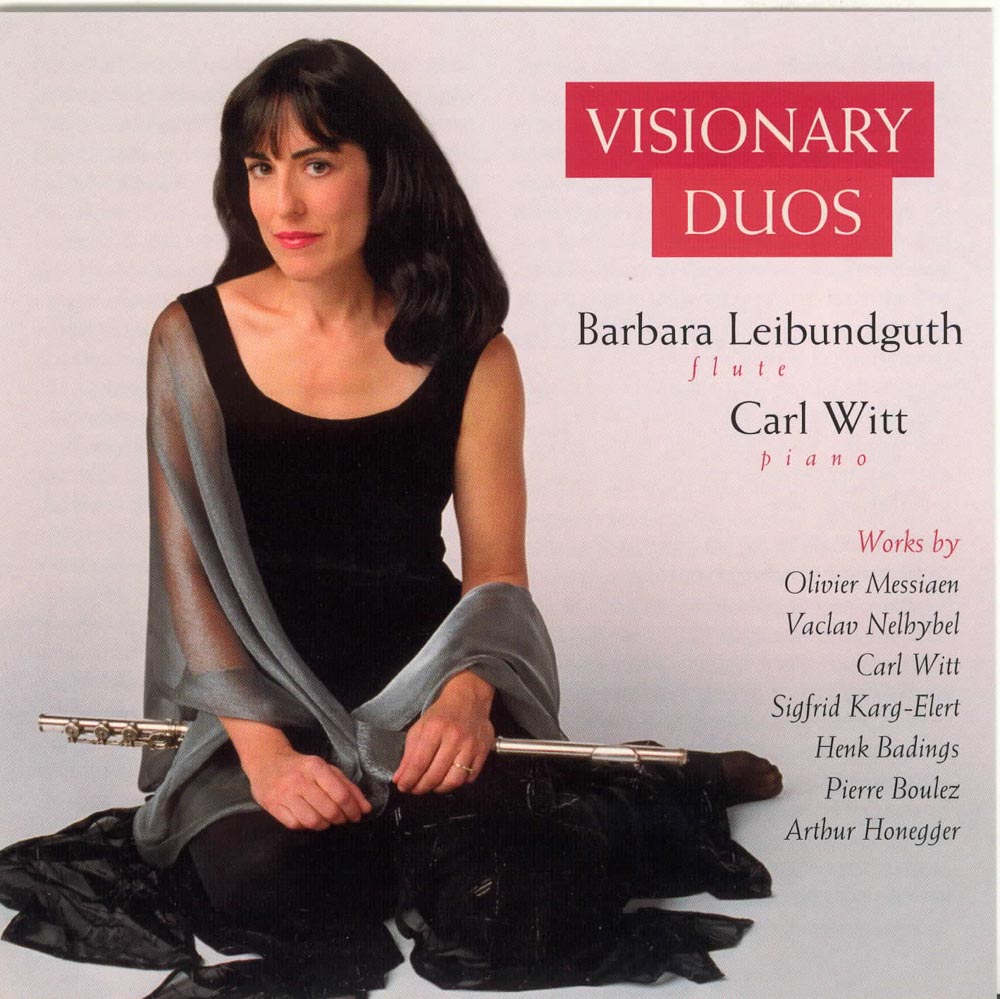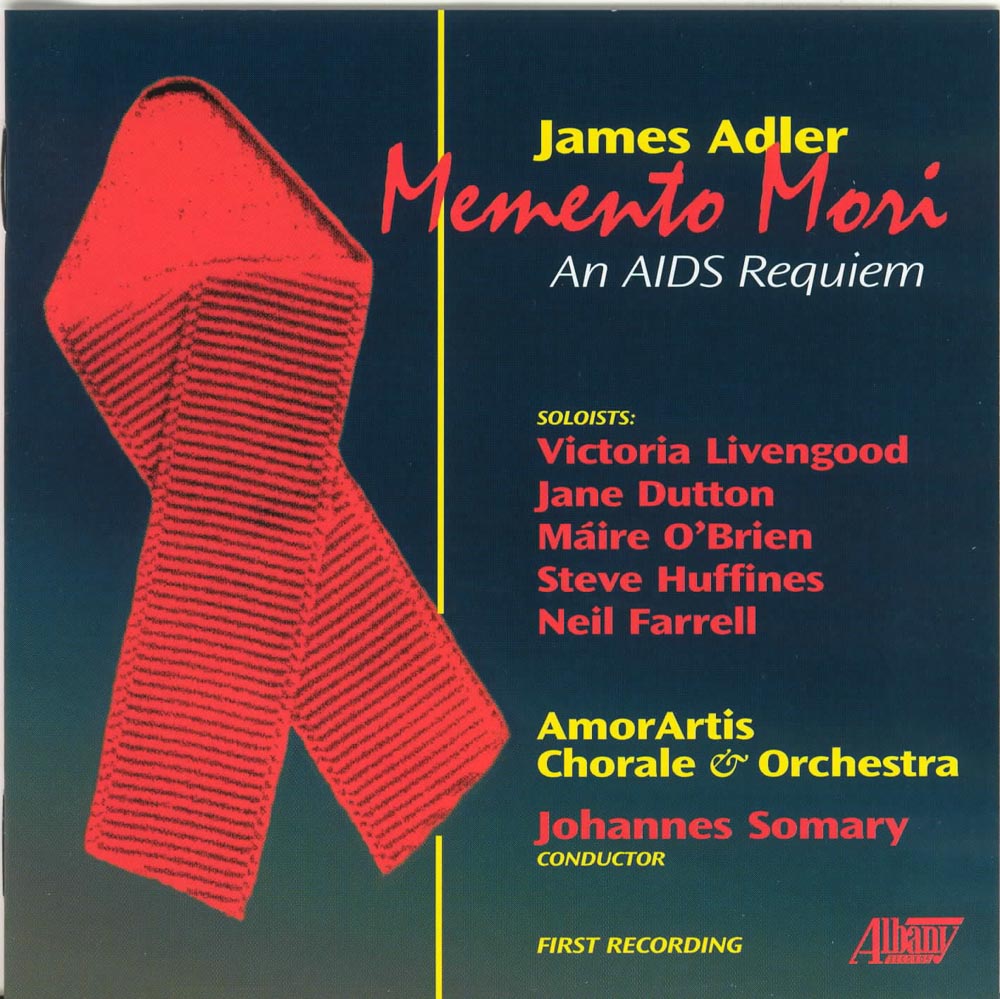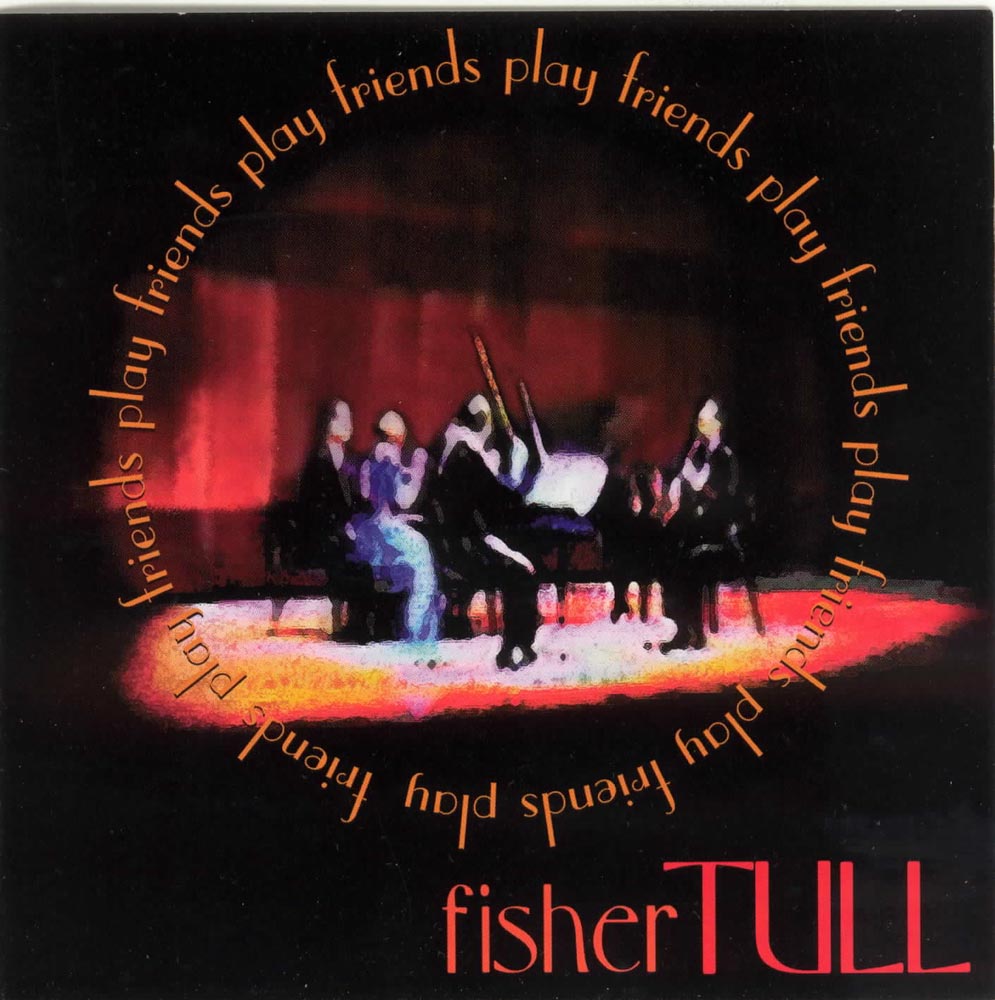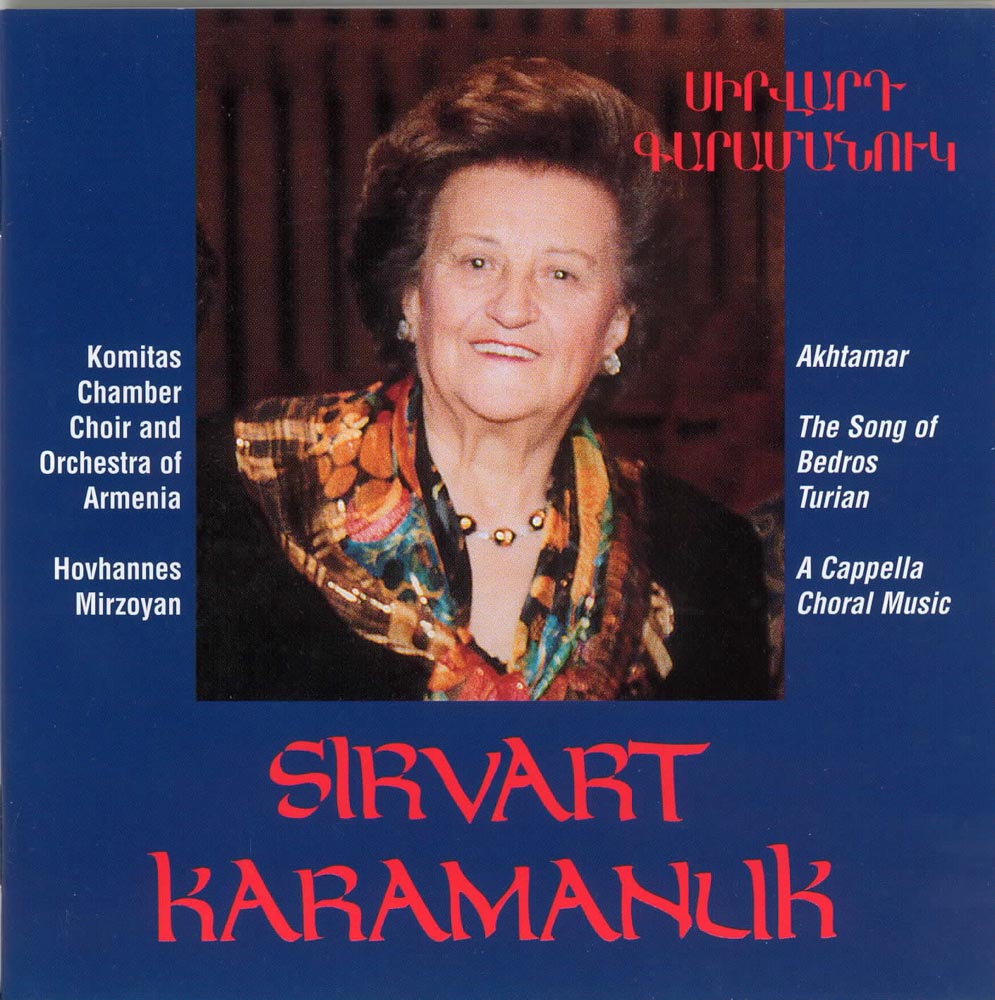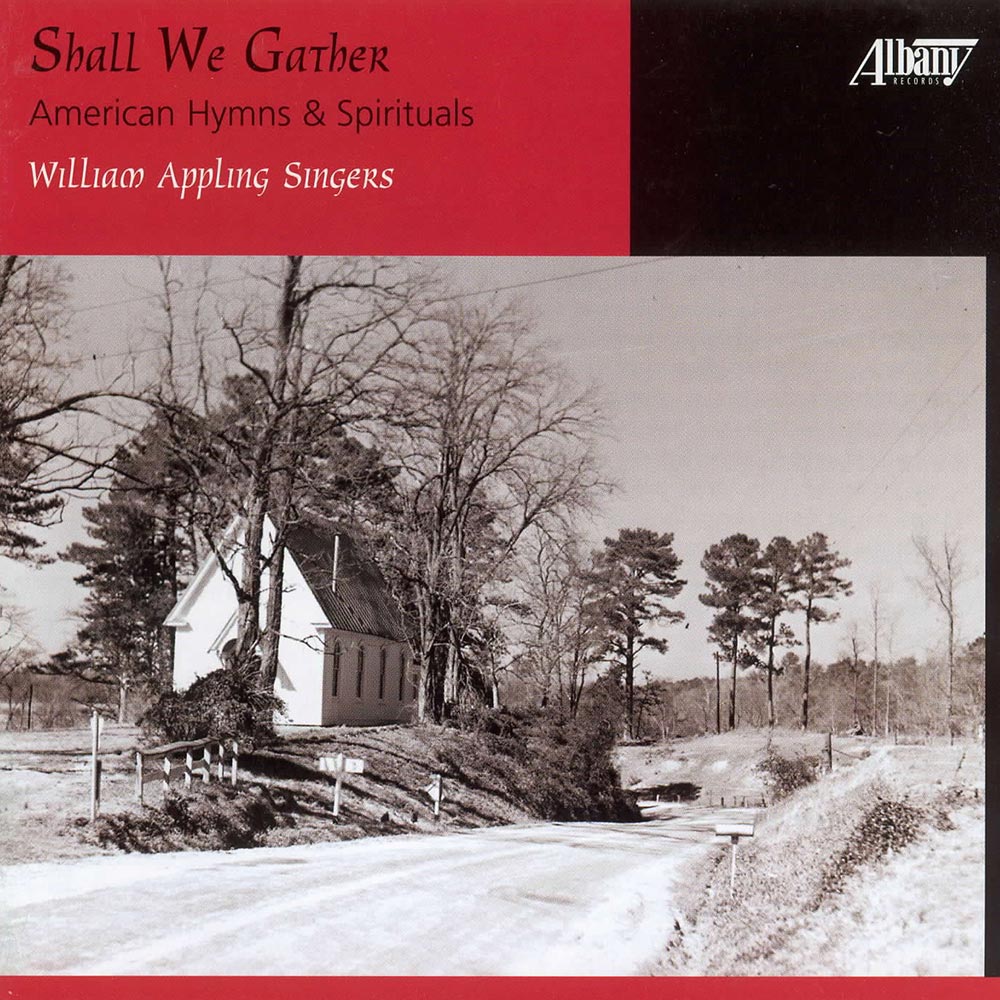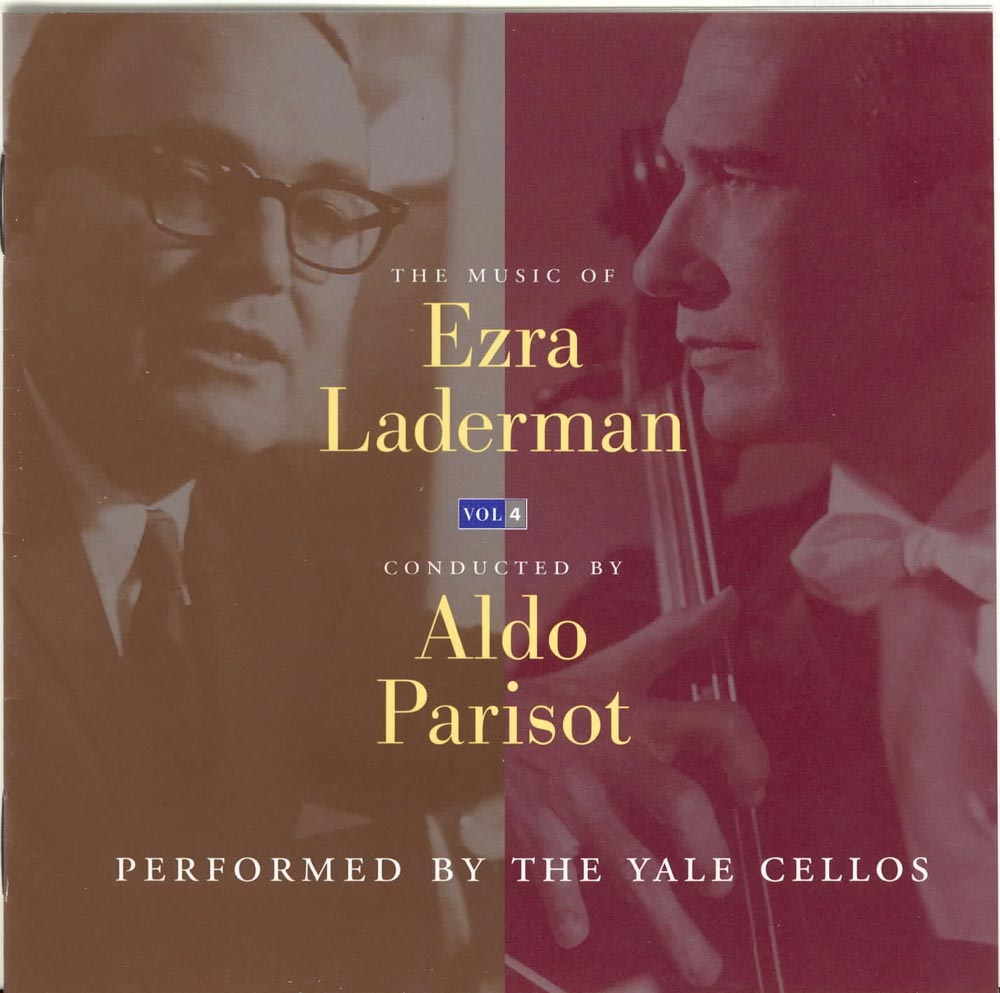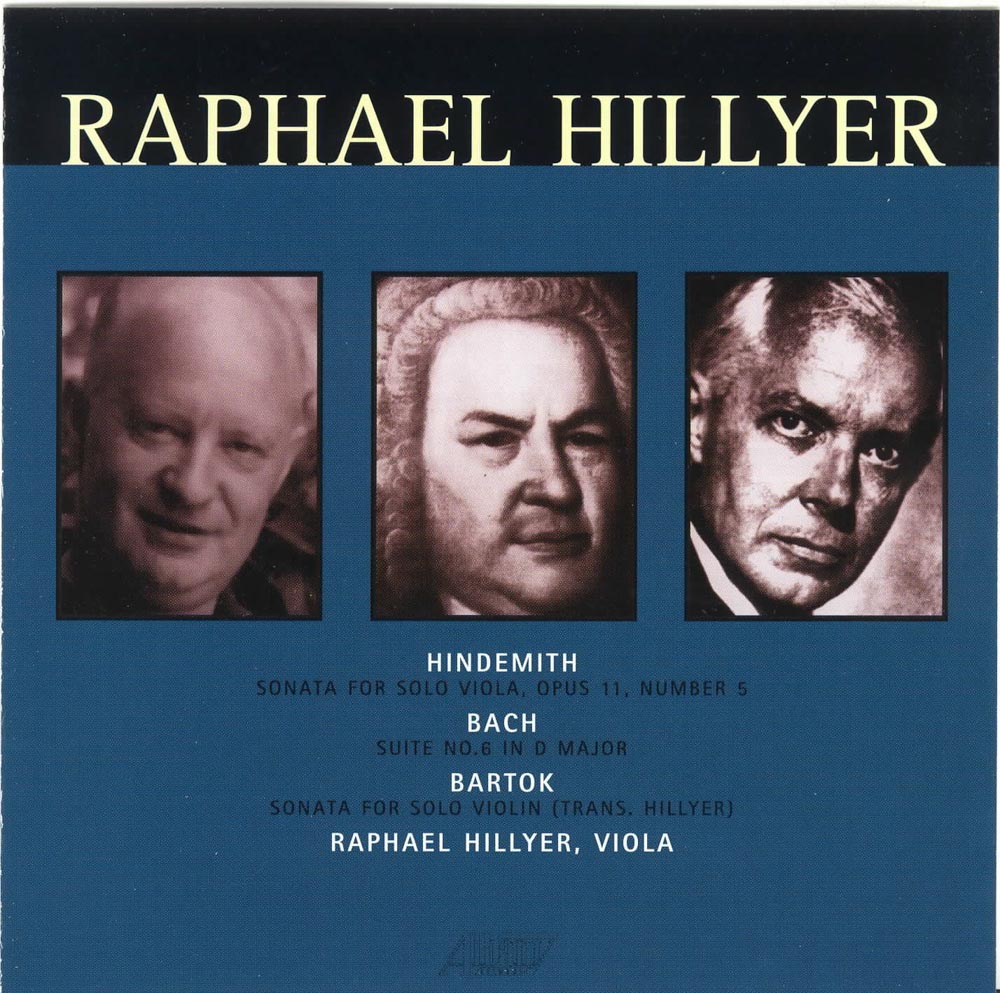Catalog #: TROY0475
Release Date: April 1, 2002InstrumentalWilliam Bolcom has said: "Curtis Curtis-Smith is one of the best-kept secrets in contemporary music. It is high time that listeners and musicians alike become acquainted with this music of passion and humor, intellectual agility and disarming emotional directness. I have long been its advocate to our best performers, who have played it enthusiastically worldwide, and I envy anyone who is becoming acquainted with it for the first time." C. Curtis-Smith (Curtis O.B. Curtis-Smith) was born in Walla Walla, Washington, studied at Whitman College, Northwestern University, the University of Illinois and at Tanglewood with Bruno Maderna. He has taught composition at the University of Michigan and is currently Professor of Music at Western Michigan University in Kalamazoo. His Great American Symphony was premiered in 1982 by the Kalamazoo Symphony Orchestra. The audacious title is as mischievous as it is ridiculous, and as American as a slick Madison Avenue advertising slogan. In the music, there are allusions to sundry aspects of Americana, from New Orleans jazz to acid rock; from gospel harmonies to boisterous marches to quaint southern folk hymns and Broadway show tunes. The composer writes: "On one level, the piece may be heard as fun and games entertainment, while on another it may be heard as an ironic and satirical commentary on the very tunes and styles it purports to trifle with. The piece has certainly enjoyed widely diverse reactions, from those finding it a masterpiece to those thinking it a travesty. Ross Lee Finney called it 'a controversial piece' and David Diamond, while finding the title a 'happy impertinence', admitted to lacking 'the requisite sense of humor about the title'. Another listener objected to my 'irreverent' treatment of The Star Spangled Banner in the last movement. I have never before, nor since, written such a brazen, outlandish, ill-behaved piece - yet GAS! is not malicious; it's more like a clown working things into his act."
Catalog #: TROY0505
Release Date: March 1, 2002OperaRoman Fever had its world premiere in Durham, NC in the Spring of 1993. Robert Ward, Pulitzer-prize composer and retired Mary Duke Biddle Professor at Duke University, composed the music for the opera based on the well-known short story by Edith Wharton. The librettist, Roger Brunyate, is a stage director for the opera department at the Peabody Conservatory in Baltimore. "Earlier," said Ward in an interview, "Roger told me he was speaking to all his composer friends about writing operas with predominantly female casts. His idea seemed a good one, since most university and conservatory opera groups are three-quarters women and one-quarter men, and opera casts are usually the opposite - mostly men, fewer women." Shortly after this, Ward happened to read Wharton's short stories, including "Roman Fever." "I thought, My God, what a story, so I contacted Roger to see if he'd like to write the libretto while I worked on the music." The title refers both to malaria, the disease which once flourished in the marshes near Rome, and, metaphorically, to the giddiness that strikes many who visit the romantic Italian capital. Despite dark elements, the composer describes his work as a "tragicomedy: no one dies. "The tragic element," says Ward, "lies in the thing that in our life we have failed to achieve: relationships, career, the thing that leaves a kind of ache inside throughout our lives." The score of the opera displays a number of interesting musical styles: the old-style Italian ballad, a jazz duet, an operatic aria and a soaring quartet where each woman expresses her individual thoughts. Said Ward, "I've never written anything so overtly jazzy as this duet in this show 'They Kissed our Hands'."
Catalog #: TROY0486
Release Date: March 1, 2002OrchestralComposer and conductor, Anthony Iannaccone, is one of a handful of contemporary artists whose exploration of musical polarities in the 1960's and 70's consistently separated their output into populist and specialist works. In the world of music, the former tended to be tonal and accessible, while the latter leaned toward atonality and abstraction. In his own case, Iannaccone refers to these categories as "large-audience" and "small audience" music, respectively. The first three pieces on this disc demonstrate a remarkable blending and balancing of both "small" and "large-audience" music. The last two works clearly inhabit the realm of the "large-audience." Not unlike the overview afforded on earlier Albany releases of Iannaccone's music for strings (TROY 414) and music for winds (TROY 280), this CD includes works that span nearly two decades of music for the orchestral medium. From his earliest orchestral venture, Suite for Orchestra, to his most recent, From Time to Time, one can trace the development of a truly personal voice from an early mixture of influences, both traditional (Brahms, Debussy, Mahler) and modern (Stravinsky, Berg, Copland, Bartok).
Catalog #: TROY0474
Release Date: March 1, 2002OrchestralDaring and energy are the two basic elements with which Leonardo Balada approaches his very personal compositions. This total musician has blended his strong vocation with his teaching since 1970 at Carnegie Mellon University in Pittsburgh, where he is University Professor of Composition. He started his piano and theory studies in his native Barcelona, finishing in 1953. Then he studied composition at the New York College of Music and the Juilliard School. The fact that he finished his studies in 1960 could suggest that he was part of the so-called "generation of '51" of Spanish composers. Because of geographical distance he did not participate in the early activities of that group, which was so important to the Spanish music of the sixties. This does not mean he did not identify with them esthetically and ideologically. At the beginning, his compositional direction did not conform to that of his contemporaries, who generally followed the paths of Paris or Darmstadt. The almost obligatory twelve-tone style was not attractive to him. Having left the European continent allowed him the possibility of approaching other musical languages. This he did as one will hear in the broad selection of his orchestral music presented on this disc.
Catalog #: TROY0495-96
Release Date: February 26, 2002OperaHere Albany Records is privileged to present the world premiere recording of this wonderful new opera by the American composer Tod Machover who was recently called brilliantly gifted by The New York Times and “America’s most wired composer” by the Los Angeles Times. He is highly regarded for music that boldly breaks traditional artistic and cultural boundaries, offering a unique and innovative synthesis of acoustic and electronic sound, of symphony orchestras and interactive computers, of operatic arias and rock songs, and that consistently delivers serious and powerful messages in an accessible and immediate way. As Pulitzer Prize-winning music critic Lloyd Schwartz has written: “What’s most exciting about Machover’s pieces in general is how beautiful and moving they are, what lyrical and exotic melismas keep surfacing (and how scintillatingly they contrast with the shattering electronic textures), how dramatically they build, how they haven’t a dull moment, and what magnificent opportunities for performers they provide.” Machover has composed five operas in quite diverse forms, from the science fiction VALIS, commissioned for the tenth anniversary of Paris’ Centre Pompidou, to the walk-through Meteorite, permanently installed in Essen, Germany since 1998. His celebrated audience-interactive Brain Opera was the hit of the 1996 Lincoln Center Festival, and is now permanently installed at the House of Music in Vienna. Resurrection received a new production at Boston Lyric Opera in 2001/2002. Machover is also noted for inventing new technology for music, especially his Hyperinstruments that use smart computers to augment musical expression and creativity for virtuosi, amateurs and children. The latest application of Machover’s hyperinstruments is for the creation of Music Toys that will enable children to collaborate creatively with orchestras around the world in his Toy Symphony project, which premieres in Europe in Spring 2002 before traveling to the United States and Asia. Machover is currently working on new operas for the Opera of Monte-Carlo and New York City Opera. He was formerly Director of Musical Research at Pierre Boulez’s IRCAM Institute in Paris. He received his degrees in musical composition from The Juilliard School, where he studied with Elliott Carter and Roger Sessions. Currently, Machover is Professor of Music and Media at the MIT Media Laboratory, head of the Lab’s Opera of the Future group, and Director of its new Centre for Future Arts. He is also a Founding Member of MediaLabEurope in Dublin.
Catalog #: TROY0500
Release Date: February 1, 2002Wind EnsemblePersichetti composed his Parable IX, Op. 121 in 1972 as the ninth in a series of 25 parables written for various solo instruments and ensembles. Parable IX dramatically embodies its definition; "short fictitious story that illustrates a moral attitude or a religious principle." In this work Persichetti explores the duality of lyrical as well as angular; amiable as well as angry; and, at its most basic level, portrays the conflict that continues between good and evil. James Syler was raised in New York and Florida. His interests and education have been divided between classical and jazz forms. About his work Minton's Playhouse he writes: "In the early 1940's there was a nightclub in New York called Minton's Playhouse. The weekly jam sessions and after hours experimenting that went on there, and other clubs, played an important part in the development of bebop, and consequently marks the beginning of modern jazz. In honor of the 50 year mark of this form of jazz this work looks to the past, and at the same time, to the present." Luigi Zaninelli was brought to the Curtis Institute by Gian-Carlo Menotti. At 19, he was sent back to Italy to study with Rosario Scalero (the teacher of both Samuel Barber and Menotti). During his career, Mr. Zaninelli has served as composer-in-residence at the University of Calgary and the Banff School of Fine Arts. Since 1973, he has been composer in residence at the University of Southern Mississippi. About his Symphony No. 5 David Maslanka writes: "My Symphony No. 5 has been composed around three well-known Chorale melodies: 'Through Adam's Fall', 'O Lamb of God' and ' Christ Lay in the Bonds of Death'. Much of the music of this symphony is urgent and insistent. I have used the words 'aggravated', 'angry' and 'overwhelming' by way of description. But for all its blunt and assertive force, the Symphony is not tragic. It is filled with a bright and hopeful energy."
Catalog #: TROY0494
Release Date: February 1, 2002ChamberA native of Detroit, Paul Schoenfield began musical training at age six. He holds a degree from the Mellon University, as well as a Doctor of Musical Arts from the University of Arizona. A man of broad interests, he is also an avid scholar of mathematics and Hebrew. He held his first teaching post in Toledo, has lived on a kibbutz in Israel, was a free-lance composer and pianist in the Minneapolis-St. Paul area and ultimately moved to Cleveland and then to Israel. Schoenfield and his family now divide their time between Israel and the United States. He has produced a large body of work for soloists, chamber ensembles and orchestra and recently completed a full-length folk opera, The Merchant and the Pauper, commissioned by the Opera Theatre of Saint Louis. Six British Folk Songs, a six-movement suite for cello and piano, was written in the summer of 1985 as a tribute to the cellist Jacqueline du Pre. It was commissioned by the Sewell family and premiered by cellist Laura Sewell, who had been a student of Du Pre. Sparks of Glory was written in 1995 for the Sea Cliff Chamber Players. It was commissioned by the Tilles family, who had specifically requested a work for narrator commemorating the 50th anniversary of the end of World War II. For this purpose, "I could think of nothing more fitting than the accounts written by the Polish-Israeli journalist Moshe Prager."
Catalog #: TROY0477
Release Date: February 1, 2002OrchestralCurrently one of America's finest composers (and one of the most popular in the Albany Records catalog), Eric Ewazen is on the faculty of Juilliard. About the music on this CD, Ewazen writes: "In 1992, James Houlik came over to my Manhattan apartment to show me what he could do on the tenor saxophone. His spectacular playing caused unbelievable comment from my neighbors and I was hooked on his beautiful, intense tone. His abilities at playing the most exciting and virtuosic repertoire and his total command of all ranges and means of expression inspired me to write a work showcasing his amazing talents. My Ballade was composed for my friend Jean Kopperud in 1986, who presented the work at Merkin Hall in New York City. It was written while I was guest composer at the Tidewater Music Festival in Southern Maryland. Outside my guest cottage was the beautiful Chesapeake Bay. In the balmy summer weather, with the water gently lapping the shore, I wanted to describe this unbelievably pastoral scene with music. This was the birth of the Ballade. My Flute Concerto was written in 1988 for Julius Baker, the legendary flute player of the New York Philharmonic. He premiered the work in 1989 in Merkin Hall in New York City. My Chamber Symphony was composed in 1985 for the Fairfield Chamber Orchestra, conducted by Thomas Crawford, who commissioned the work. The wonderful pianist Margaret Mills, first played the prominent piano part (played by the composer on this CD). The piano takes the role of the harpsichord in Baroque orchestral music."
Catalog #: TROY0469-71
Release Date: February 1, 2002OperaFrank Lewin was born in Breslau, Germany, but came to the United States in 1940. He studied composition with among others Hans David and Roy Harris before attending Yale University where his teachers were Richard Donovan and Paul Hindemith. The composer himself was on the faculty of the Yale School of Music from 1971 to 1992, teaching composition for film. During this period he also taught the course Music in Modern Media at the Columbia University School of the Arts. He has been active as an editor and engineer of recorded music. In October 1950, Frank Lewin - then a composition student at Yale - saw John Steinbeck's play Burning Bright in New Haven's Schubert Theater. The play was on its way to Broadway, where it found little favor. Lewin, however, was deeply impressed by the story. It seemed ideally suited for an opera. He never forgot Burning Bright. In 1967, he took out an option to turn the play into an opera. During the next ten years, Lewin did research for the opera and worked on a libretto. In 1977, he began composing the music; he completed the score in January 1989. The opera had its premiere in Woolsey Hall in November, 1993 and was warmly received by audiences and critics alike. In July 2000, the Opera Festival of New Jersey presented two performances in Princeton's McCarter Theater. Once again this wonderful opera was well received.
Catalog #: TROY0488
Release Date: January 1, 2002ChamberBernard Jacobson, the former program annotator and musicologist for the Philadelphia Orchestra writes: "From where I sit, as a freelance critic living in Philadelphia, the Network for New Music looks like the brightest hope for the continued health of contemporary musical creation. Over a period now approaching two decades, it has established itself among the finest institutions of its kind anywhere, a success that can be attributed to a number of causes. One is the simple but crucial mission of the organization: 'To present, encourage and commission a great diversity of new works of the highest quality by established and emerging composers, and to build a broader appreciation for new music.' More than 400 such works have so far been performed - a "great diversity" indeed, and an array of talent such as few organizations in the field, anywhere in the country, could match. Along with this enlightened openness of mind in the choice of repertoire, another essential quality is the sheer dedication and initiative of NNM's artistic director, Linda Reichert, one of the area's leading exponents of contemporary music as a pianist, who often appears in that capacity in Network concerts. Still another is the expert counsel of an artistic advisory committee whose membership includes Milton Babbitt, John Harbison, Joan Tower and George Walker. To my mind though, the single most vital element in NNM's supremacy is the sheer quality of its performances. It is a sad truth that contemporary music suffers almost more on occasion from the ministrations of those who perform it as of those who don't. The complexity and technical demands of many modern scores too often frustrate even the best-intentioned efforts of conductors, players, and singers caught up in the seemingly inevitable trap of inadequate rehearsal time, insufficient familiarity, and overtaxed skill. As a result, a public that is itself facing the challenge of new and unknown works can be forgiven for ascribing to the music what are actually weaknesses in its presentation. This has never happened, in my experience, at a Network concert. It is just such a combination of informed programming and masterful presentation that is to be encountered on this CD."
Catalog #: TROY0487
Release Date: January 1, 2002ChamberEric Salzman writes: "The first impression that Michael Dellaira's work gives is that of simple beauty, no small virtue in and of itself. But listen again. Repeated hearings reveal a musical world of depth and subtlety, marked by the kinds of surprises that are the mark of a sure and confident ear. Michael has something to tell us. He has created a personal musical language that combines the harmonic vocabulary and rhythmic interest of rock music with the technical rigor of the best modern classical music. It is this combination and synthesis of seemingly contradictory elements which points to the direction of new American music in a new century and which gives both surface tension and excitement, and deeper value to Michael's music." Michael Dellaira was born in Schenectady, N.Y. A passable clarinetist, violinist, and chorister as a child, he also performed as a drummer, singer, and guitar player in rock and folk groups. After graduating from Georgetown University with a degree in philosophy, he pursued a career as a guitarist and songwriter and at the same time began the formal study of music theory with Robert Parris, Milton Babbitt, Mario Davidovsky, Goffredo Petrassi and Franco Donatoni. During the 1980s, he withdrew into a private period of musical self-examination and re-evaluation, exploring styles and genres he had previously considered off-limits, simple-minded, or too abstract. This period lasted until 1995, the year he completed Three Rivers. That work, a turning point, employs the vernacular rhythms and harmonies characteristic of Dellaira's musical voice.
Catalog #: TROY0482-83
Release Date: January 1, 2002OperaBy the early 1950s, Aaron Copland had become a skilled composer of dramatic music for the stage and screen, with five ballets and seven film scores to his credit. In fact, Copland judged his film work to have been "excellent preparation for operatic writing. At the time I was composing for films, I believed that it was a new form of dramatic music, related to opera, ballet and theatre music, and that it should be explored for its own unique possibilities". Thus, all the elements were in place for Copland's consideration of a commission offered him by the League of Composers in 1952. They were seeking to follow up the enormous success of Gian Carlo Menotti's Amahl and the Night Visitors on NBC Television Theatre during the 1951 Christmas holidays with another television opera, again to be produced and broadcast by NBC. When the opera was finished, NBC reneged on the production without offering any substantive reasons, and the completed opera, nearly two years in the making would have remained unperformed, had not the New York City Center Opera decided to present the premiere of this prominent composer's work. However, the cavernous space of City Center dwarfed the intimate television opera. The result was a lukewarm initial response from the critics and crowds. Basically the music was praised and the libretto was criticized. As the years passed, many realized that the scope of The Tender Land is perfect for smaller budgets and budding talents. Copland himself acknowledged that a college production is perhaps the most congenial atmosphere for this opera. How pleased we are to be able to present this wonderful recording by the University of Kentucky Opera Theatre. Accompanied by the full orchestra, conducted by the fine American conductor, Kirk Trevor, it is marvelous.
Catalog #: TROY0473
Release Date: January 1, 2002ChamberIn the seventies and again in the eighties, Ezra Laderman had issued weighty statements, entire worlds for two violins, viola and cello. The first was his three-movement Fifth Quartet, composed in 1976; it lasts three quarters of an hour, incorporates historical models including a sonata form and a Baroque dance suite, and draws on "a rich palette of composing: tonal, serial, aleatoric." But its size makes the Laderman Fifth Quartet impractical to program in its entirety. More often, quartets program the work's movements individually, finding each to be a coherent and satisfying statement. This performance history of the Fifth Quartet led Laderman to re-think his approach to the medium and to multi-movement compositions. A trilogy of single-movement quartets - the Sixth, Seventh, and Eighth - comprised the next such weighty statement. The Sixth Quartet was complete by December 1980; the double bar line was put on the Eighth almost five years later, the composer having reached sixty-one years of age. The composer regarded these three quartets as "the payoff from this mother lode" of the Fifth. Each of the three was performed many times before the first performance of the entire trilogy took place, in May 1989 at Merkin Concert Hall's Music Today series in New York City. There the performers - the Audubon, Blair, and Colorado Quartets - gathered to celebrate Laderman's 65th birthday.
Catalog #: TROY0497
Release Date: December 1, 2001OrchestralHarold Farberman writes: "Unlike Volume One (Albany TROY402) which was entirely devoted to early chamber music, Volume Two contains music for orchestra. The musical agenda is different for each work: a film score, a song cycle, a short elegy for strings, a fable for children and a symphony for percussion and strings. Atonality and tonality, including a nod to the American "pop" culture of the 50s, are employed in contrasting structures and differing styles. Incisive rhythms and a full color palette remain a constant. The film, The Great American Cowboy won the Academy Award in 1973 for the best documentary. The film contained over sixty minutes of music for symphony orchestra. War Cry was a bicentennial commission from the Colorado Springs Symphony . It was premiered on November 11, 1976 by the orchestra. Elegy for String Orchestra was written in memory of my brother Leo and is dedicated to his memory. I conducted the premiere in Carnegie Hall on March 14, 1965. Tree Branch was premiered on March 7, 1998 by the Garden State Philharmonic. For a long time my colleagues have complained about the paucity of original works for children's concerts that include the conductor as the central figure. I searched for but could not find a suitable text until I looked at a branch of a tree and envisioned a baton. The rest, including the text, was easy. The intent of my Symphony was to unite the special sound qualities of a large percussion section with strings, and to acknowledge the role of percussion in our "pop" culture. The Symphony might be labeled a "cross-over" work and perhaps it is. Louie Bellson, Tito Puente, Jascha Heifetz and the Budapest Quartet shared my record shelf. However, the term "cross-over" was not yet in our vocabulary in 1957."
Catalog #: TROY0492-93
Release Date: December 1, 2001OperaProducer Charles Dillingham constructed a rotating red mill sign with electric lights outside the Knickerbocker Theater to signal the premiere of The Red Mill on September 24, 1906. The next day, the New York Herald proclaimed "The Red Mill will grind its grist of mirth, music and melody for a long time to come," a prophecy borne out by 274 Broadway performances and an extensive tour. A 1945 revival at the Ziegfeld Theater enjoyed an even longer run of 531 performances. Henry Blossom fashioned the text for Herbert to highlight the vaudeville antics of the celebrated comedy pair of Montgomery and Stone, who had triumphed earlier as the Scarecrow and the Tin Man in a stage version of The Wizard of Oz. Their names appeared in ads for the new musical at a size which dwarfed both the composer's and even the musical's title. The Times declared The Red Mill to be a show "to cheer the heart, delight the eye, charm the ear, tickle the fancy and wreath the face in smiles." Irish by birth, Victor Herbert became an American citizen, served as principal cellist with the Metropolitan Orchestra, later soloed in his own compositions under such renowned conductors as Walter Damrosch and Anton Seidl and also conducted the Pittsburgh Symphony. It is interesting to note that Victor Herbert orchestrated standing up. He often said standing up was the only thing that kept him awake. It has also been said that Herbert was a Sullivan without a Gilbert, meaning his librettos were much weaker than the music, although Henry Blossom, the librettist for The Red Mill was probably the best of the lot.
Catalog #: TROY0489
Release Date: December 1, 2001ChamberLeo Kraft is active as a composer, educator, and author. After receiving degrees from Queens College and Princeton University, he joined the faculty of Queens College in 1947, and retired in 1989. While the bulk of his work consists of chamber music, he has written orchestral, piano and vocal music as well. The composer writes: "About the Six Pieces for Violin and Piano Obbligato, as the title implies, these pieces feature the violin, while the role of the piano is more than an accompaniment, but less than an equal partner, hence the term obbligato. Imagining the violin as a great actor capable of portraying many roles, I found a different kind of expression in each piece. Line Drawings was written for Paul Dunkel, who gave the first performance with Richard Fitz in 1972. The linear nature of the music suggested the title. Paul Maynard was an outstanding performer and scholar in Renaissance and Baroque music. He was a major presence on the faculty of the Aaron Copland School of Music, and it is to his memory that The Garden of Memory for harpsichord (on which he performed so marvelously) is dedicated. The poetry of e.e. cummings has delighted me since my student days, but only recently did I feel that I had the means to do justice to some of my favorite poems. I heard a tenor voice and a small group of instruments. My aim was to get beneath the surface of the elegant lines to the deeper meaning below. My second chamber symphony is indeed a symphony in the classical sense, which is to say that the work is highly developmental, spacious in gesture, and ambitious in scope."
Catalog #: TROY0479
Release Date: December 1, 2001ChamberEric Ewazen was born in Cleveland, Ohio. He studied at Eastman and the Juilliard School. He has been vice-president of the League-ISCM, Composer-in-Residence with the St. Luke's Chamber Ensemble, lecturer for the New York Philharmonic's Musical Encounters Series, and is currently a faculty member of The Juilliard School. Eric Ewazen writes: "With its versatility, impressive range and amazing colors, the bass trombone is an instrument capable of such a variety of emotional expression. Having been a friend of David Taylor since 1980, I have long known of his legendary playing in so many different musical styles - from classical to jazz to popular to experimental. With my Concertino, I wanted to write a work for him which captures many of his musical personalities. The piece was premiered in 1996. Ballade for Bass Trombone, Harp and String Orchestra began life as a work for clarinet. I made the arrangements for Charles Vernon, to whom the piece was dedicated in 1996. Stefan Sanders, whom I am proud to count as one of my music theory students at Juilliard, won the low brass competition held at the school in 1997, resulting in his premiere performance of my Concerto for Bass Trombone (or tuba) and Orchestra. Stefan's commanding sonority and his heartfelt expression resulted in a premiere performance both riveting and soulful. John Rojak has been a friend for almost 25 years, since we were students together at Juilliard. As the extraordinary bass trombonist of the American Brass Quintet, he has performed on some of the most celebrated brass chamber music recordings of the 20th, now 21st century. Equally adept as a terrific soloist, John approached me about writing a piece for him in 1996. This resulted in the Rhapsody for Bass Trombone and String Orchestra which he premiered in 1997. The final work on this CD, the Capriccio for Bass Trombone and Trombone Choir was written for David Taylor as a companion piece for his Concertino which opens the CD."
Catalog #: TROY0459
Release Date: December 1, 2001VocalIn his second CD recording, bass-baritone Oral Moses offers art songs and spiritual arrangements by African-American composers and arrangers whose work spans the 20th century and spills over into the 21st century. Mr. Moses, a South Carolina native, began his singing career as a member of the United States Seventh Army Soldiers Chorus in Heidelberg, Germany and a member of the famed Fisk Jubilee Singers while attending Fisk University following his military career. Upon completion of his undergraduate studies he was awarded a Thomas J. Watson Fellowship which provided him the opportunity to return to Europe for further study in vocal performance and opera. Upon his return to the United States, he attended the University of Michigan where he earned a Masters of Music and Doctorate of Musical Arts Degree in vocal performance and opera. He is the co-author of Feel the Spirit: Studies in 19th Century Afro-American Music. He is currently Professor of Voice and Music Literature at Kennesaw State University in Kennesaw, Georgia.
Catalog #: TROY0481
Release Date: November 1, 2001OrchestralStanislaw Skrowaczewski retains a unique position on the international musical scene, where he is both a renowned conductor and a highly regarded composer, especially of large scale orchestral works. Born in Lwow, Poland but resident in the U.S. since 1960, Skrowaczewski showed great promise as a pianist, making his debut with the Beethoven Triple Concerto, but an injury to his hands during World War II terminated his keyboard aspirations. Composing and conducting became his double focus. Directly after the War - still in his mid-twenties - he was named music director of the Breslau Philharmonic, then the Katowice Philharmonic, Krakow Philharmonic and then the Warsaw National Orchestra. During this period he also studied with Nadia Boulanger in Paris. In 1958, at the invitation of George Szell, he made his American conducting debut with the Cleveland Orchestra. In 1960, he was named music director of what was to become the Minnesota Orchestra, a position he was to hold for 19 years. His Passacaglia Immaginaria was completed in 1995. It unfolds in a provocative sound world. Similar to the Passacaglia of the Baroque era, a species of continuous variations on a ground, his design is based on the principle of metamorphosis. The work was commissioned by the Minnesota Orchestral Association and Eiji Oue gave the premiere with the Orchestra on April 10, 12 and 13,1996. For its 35th anniversary season in 1993-94, the St. Paul Chamber Orchestra, requested a new work from Skrowaczewski. The resulting Chamber Concerto was premiered on November 26, 27, 1993. In January 1981, while guest conducting in Frankfurt, Germany, Skrowaczewski finished his Clarinet Concerto, which he dedicated to Joseph Longo, the co-principal clarinetist of the Minnesota Orchestra. The premiere of this work was April 15,17,18, 1981 and again the composer conducted the orchestra.
Catalog #: TROY0468
Release Date: November 1, 2001InstrumentalThe distinguished professional musical career of Norman Dello Joio began for him at age fourteen when he became a church organist and choir director of the Star of the Sea Church on City Island, New York. A descendant of Italian church organists, his father was an organist, pianist, singer and vocal coach. Dello Joio recalls that his father was working with singers from the Metropolitan Opera who used to arrive in their Rolls Royces, and that his childhood was surrounded with music and musicians at home. In 1939, he was accepted as a scholarship student at Juilliard where he studied with Bernard Wagenaar. In 1941, he studied at Tanglewood and Yale with Paul Hindemith who told him "your music is lyrical by nature; don't ever forget that." Dello Joio has won the New York Music Critics' Circle Award in 1948 and again in 1962. He won the Pulitzer Prize in 1957 for Meditations on Ecclesiastes for string orchestra and an Emmy for his music to the television special, Scenes from the Louvre. He taught at Sarah Lawrence College, the Mannes College of Music, and was Professor of Music and Dean of the Fine and Applied Arts School of Boston University. From 1959 to 1973, he directed the Ford Foundation's Contemporary Music Project, which placed young composers in residence in high schools with a salary to compose music for school ensembles and programs. In 2001, at the age of 88, Dello Joio continues to compose with no signs of retiring. His life achievements and compositions have enriched the landscape of American music. There are two other volumes available in this series (TROY344 & TROY359).
Catalog #: TROY0455
Release Date: November 1, 2001ChamberBernard Stevens was born in London and studied at Cambridge University and the Royal College of Music. After his service in the Army, he came to national prominence in 1946 with his Symphony of Liberation , which won a competition sponsored by the Daily Express newspaper for a "Victory Symphony" to celebrate the end of World War II. Stevens spent much of the rest of his career lecturing at the Royal College of Music (also, later at the University of London), and became a tireless champion of contemporary music, and that rare being, a born teacher - whose warmth, encouragement and intellectual stimulation is remembered with affection and respect by his many students. He continued to compose, of course. His life's work includes an opera on J.M. Synge's The Shadow of the Glen, two symphonies, three concertos, much chamber music, cantatas and other choral pieces, piano music, songs, and other compositions for instruments as diverse as natural trumpet and guitar. His music impresses the hearer immediately by its downrightness and strength, its commitment to humane musical values, to firm architecture and the traditional crafts of counterpoint and variation. There is nothing flashy about his music; and in the 1950s and 1960s, as Britain strove to catch up with the Continental avant-garde, his robust independence of fashion hardly helped to gain his works prestige. Occasionally, wryly, he spoke of himself as one of an "almost lost generation" of British composer; yet as a craftsman and a musical mind he must be judged one of that generation's leading figures. Since his death in 1983 after several years of crippling illness, there has been a remarkable upsurge of interest in his output: this disc of chamber music for strings follows our issue of his opera and song cycle (TROY418).
Catalog #: TROY0445
Release Date: November 1, 2001ChamberAbout this music David Maslanka writes: "In recent years I have developed an abiding interest in the Bach Chorales, singing and playing them daily as warm-up for my composing time, and making my own four-hand settings in the old style. The chorales now regularly find their way into my music, and have become a significant "leaping off" point for me. The first movement of Quintet No. 3 from 1999 opens with the chorale "Your stars, your cavernous sky." The Quintet was first performed on March 14, 2000 in Columbia, Missouri by the Missouri Quintet. Music for Dr. Who from 1979 is a whimsical little piece which takes its title from the British science fiction TV series of the 1970s. The music has no official connection to the TV show, but came about as a result of my watching one particular episode. Little Symphony (1989) was written as part of a birthday offering to composer Barney Childs. Sonata for Oboe and Piano was written in 1992. Its inspiration was a poem of ecstatic vision written by an Eskimo woman." Composer David Maslanka was born in New Bedford, Massachusetts. He studied clarinet, music theory, and composition, receiving degrees from Oberlin and Michigan State. Today he lives and composes in Missoula, Montana.
Catalog #: TROY0480
Release Date: October 1, 2001ChamberRichard Danielpour writes: "I met Kenneth Fuchs some 20 years ago at the Juilliard School when we were being interviewed for the master's program by an auspicious panel of composers: Milton Babbitt, Elliott Carter, David Diamond, Vincent Persichetti and Roger Sessions. I was impressed by my initial conversation with him and happy that we each had been accepted into the program. I remember his very first string quartet as one of the few works of substance that I heard by a fellow composer during my six years there. Many years later we found ourselves at another school - the Manhattan School of Music. This time Ken was Dean of Students, as I took my place on the composition faculty. This happy confluence of appointments gave me the opportunity again to become acquainted with his music. The fourth quartet displays a formidable sense of craft and imagination with the utmost economy. It is perhaps the most powerful of all his works. The third quartet, with its undertones of Whitman, is at once the darkest and most virtuosic. Unfolding with great assurance, it has a muscular quality that reminds me of the American composers Ken admired so much when he was a student - Schuman, Mennin and Copland. Nonetheless, this third quartet, like the other two represented here, sings with its own voice from the first moment to the last. The second quartet is almost impressionistic, but it is never without the clarity of purpose that is a hallmark of his writing. The composer who is able to evoke joy, tenderness, humor, wildness and a sense of the tragic coherently within the same work does many of us a great service: he reminds those of us who love music why we continue to embrace it as an integral part of our lives. I have been privileged to know Kenneth Fuchs over the years and will be delighted to give this disc an honored place in my collection of much-loved CDs. That we are fortunate to have such extraordinary performances of these works by the American String Quartet is an added gift."
Catalog #: TROY0467
Release Date: October 1, 2001OrchestralThe reasonably experienced listener encountering the music of Louis Gruenberg for the first time is likely at various moments to receive a general impression of artistic kinship with such composers as Szymanowski and Messiaen. Those with a more specialized knowledge of 20th century music may hear a certain affinity with another long neglected creative figure, Igor Markevitch. Better known as a conductor, Markevitch (1912-1983) was widely regarded in the 1930s, by no lesser judges than Bartok and Milhaud, as the outstanding composer of his generation. Markevitch was once described as a "dry mystic", a phrase that might also be used to describe Gruenberg's music. Brought to the United States when he was two, Gruenberg was essentially an American phenomenon. He did do some studying (with Busoni and Koch) and then some teaching and piano-playing in Europe between 1903 and 1919, and one of his most successful dramatic works, The Emperor Jones, premiered at the Metropolitan Opera in 1933, was to achieve a revival in Rome in 1950. But most of his career was spent in the United States, where he was one of the founders of the League of Composers in 1923 and headed the composition department at Chicago Musical College from 1933 to 1936, afterwards moving to California. More pertinently, he devoted much attention to American musical genres, publishing four volumes of spiritual harmonizations, and deriving substantial inspiration from jazz for The Daniel Jazz and several other works. The three works recorded here show relatively little trace of these American resources, fitting for the most part into a broadly European musical tradition that he shared with many compatriots of his generation.
Catalog #: TROY0466
Release Date: October 1, 2001Chamber"Inspired", says the San Francisco Chronicle of flutist Barbara Leibundguth. Former Co-Principal Flutist of the Minnesota Orchestra, Ms. Leibundguth also wins praise from the Minneapolis Star-Tribune: "Bright, gleaming tone...evocative...both stylish and adroit." One of the finest flutists of her generation, Ms. Leibundguth was invited by the Boston Symphony Orchestra, as well as by the major orchestras of Atlanta and Houston, to appear as guest solo flutist. She has also held principal positions with the San Francisco Symphony, the Chicago Opera Theater, and the Omaha Symphony. As a soloist and chamber musician, Ms. Leibundguth has performed at the Marlboro, Grand Teton, and Blossom Music Festivals, and in her hometown of Chicago on the Dame Myra Hess Recital Series. Ms. Leibundguth and award-winning composer/pianist Carl Witt have worked together since 1994, and their musical chemistry creates electric, intelligent performances. In 2002, they received a $25,000 McKnight Performing Artist prize. Visionary Duos was recorded in the world-renowned acoustical space of Orchestra Hall, Minneapolis. This CD presents a collection of passionate and beautifully crafted works, featuring virtuoso counterpoint, radiant melodies, bracing intensity, jazz riffs, and gypsy flair. Here we have an intriguing and expansive view of flute music in the 20th century.
Catalog #: TROY0463
Release Date: October 1, 2001ChoralMemento Mori is an oratorio for soloists, men's chorus and chamber orchestra. It is dedicated to those who have succumbed to AIDS. The work combines traditional English, Hebrew, and Latin texts with original prose and poetry by Quentin Crisp, Philip Justin Smith, Denise Stokes, and Bill Weaver. About this new work James Adler writes: "Where to begin? The road to this recording has been a longish, winding one. It began in 1994 when Jeffrey McIntyre, then director of the Atlanta Gay Men's Chorus, first talked about and then commissioned me to compose this work. I had lost so many colleagues, friends and loved ones to the disease that I simply had to do something. And my way was going to be a musical way. I did not set out to compose something diverse or unusual. It was my initial intention to create a work that could be emotionally gut-wrenching, quasi-theatrical, and religious in a spiritual sense. Jeffrey and I both shared the vision that while my Requiem should use as its model the Roman Catholic "Mass for the Dead," it should also feature some special twists and turns." Composer/conductor/pianist James Adler has been hailed as a composer who "writes for both chorus and orchestra with uncommon imagination." Following the April 2000, New York City premiere of his Requiem, in Merkin Hall, Bill Zakariasen acclaimed this "very ecumenical and consoling" work, which "gets straight to the heart."
Catalog #: TROY0449
Release Date: October 1, 2001ChamberMore than anything, people probably remember Fisher Tull (he died in 1994) by saying: "He was my friend." Known universally by his nickname, Mickey, he had the warm, honest smile and open-hearted character that bespeak the treasured friendship for which true Texans are known. Born, raised and trained in Texas, his life was dedicated to the cause of music within the state. Tull was a native of Waco and earned his undergraduate, graduate and doctoral degrees in music from the University of North Texas. He was a faculty member at Sam Houston State University for 37 years until his death. He was chairman of the university's Music Department for nearly half that time (1965-1982) and was a great builder of musical institutions at the university. As a composer, Tull received awards, commissions, appearances, performances and recordings, all of which brought recognition to his name from major musical institutions in Texas, across the United States, in London and continental Europe. His compositional activities grew out of his background as trumpet performer and jazz arranger in the early fifties. During his years in college, he wrote over 100 arrangements for dance bands, radio and television productions and recordings. He was the first staff arranger for the renowned University of North Texas Lab Bands. His first serious compositions were for brass ensembles, followed by several works for symphonic band. As he matured, his works embraced a large segment of the instrumental, orchestral and vocal spectrum.
Catalog #: TROY0478
Release Date: September 1, 2001ChoralArmenian composer Sirvart Kalpakian Karamanuk was born in Istanbul in 1912. She studied at the Istanbul Municipal Conservatory, graduating in 1939. Her first compositions, written in the 1940s, were for the piano. She gradually broadened her musical interests, composing numerous art songs, choral works, large-scale compositions for chorus and orchestra as well as chamber works and arrangements of liturgical chants. Like many composers of the Armenian diaspora, Karamanuk's creative concerns focus on maintaining a link with Armenian church music and folk song and absorbing the classical traditions of Armenian culture. In molding her own musical language, Karamanuk borrows from Armenian oral tradition. This recording of her songs includes a cantata and was the first large-scale setting of poems by Armenian poet Bedros Turian.
Catalog #: TROY0476
Release Date: September 1, 2001ChoralMost of the hymns on this recording were written in the 19th century or before, when Americans in general thought more about God than they do today. Our minds nowadays are occupied with other subjects. And yet, surprisingly, our greater familiarity with doubt may help us to hear these hymns more clearly than people in former times could have done. To us a hymn may stand out more vividly against the immensity of the surrounding doubt-filled silence. Faith is not something you have, it’s something you do; the same can be said of art. As an act of faith or a work of art, a hymn exists in that uncertain moment between giving up and going on. A hymn is an inspired decision to go on. The hymns and spirituals on this recording are among the great discoveries faith has made about itself, through words and music that now belong to us all. For a period of about 250 years, from the arrival of the Puritans to nearly the end of the 19th century, the most pervasive musical form in America was the hymn. While Protestant hymns and Negro spirituals were certainly the predominant hymnody in America throughout this time, other denominational hymns were written and sung as well. The first hymnal for the Jewish congregation in Charleston, South Carolina was compiled in 1843 and the Shakers have given us some of the most beautiful and interesting religious songs that have been written in America. This recording was made at a live concert at Christ &St. Stephen’s Church in New York City. Beautifully sung by the William Appling Singers, this recording will satisfy both the Americana scholar, the music lover and those of faith.
Catalog #: TROY0465
Release Date: September 1, 2001ChamberThe fascinating career of composer, author, critic, and music professor Marion Eugenie Bauer developed from her initiative and steadfast determination to forge a professional life in music. Born in Walla Walla, Washington, the youngest of seven children of Jacques Bauer, a shopkeeper, and Julie Bauer, a teacher of modern languages. After her father died in 1890, the family moved to Portland, Oregon, where, according to Bauer her oldest sister, Emilie, "became literally the father of the family, working with my mother to give the younger brothers and sisters an education and every opportunity for cultural development. To her I owe the fact that I went into the serious study of music." A music critic for the Portland Oregonian as well as a composer and teacher, Emilie was able to build a career as a critic, first in Boston and then in New York. In 1898, Marion joined her sister in New York where she continued her studies with Henry Holden Huss. In 1906 she sailed for Paris where she studied with Nadia Boulanger. She continued to study both in New York and Berlin and by 1912, had established herself as a composer. At 40 she decided she still needed more training so she returned once again to Paris to study with Andre Gedalge who had taught both Ravel and Milhaud. "As a member of the American Music Guild, I had the opportunity to measure my powers and my limitations with those of my colleagues...The result was a period of study in Europe". In 1926, her sister Emilie became ill and died, so Marion moved back to New York. She was hired by New York University as an instructor of music. She remained at NYU until 1951. She also taught part time at Juilliard from 1940.
Catalog #: TROY0454
Release Date: September 1, 2001ChamberCellists don't normally travel in herds. Usually, when playing chamber music, they individually seek out their natural partners. In certain environments, though, they do gather: to comprise the cello section of a symphony orchestra, or to learn as pupils of a master teacher. The development of such groups takes place more naturally in the cello studio of a conservatory teacher. There the teacher may view the ensemble as a vehicle to share musical and technical ideas at once with many of his students. Take the Yale Cellos, for instance. For more than four decades their technique has been refined, their sound shaped by Aldo Parisot, cello professor at the Yale School of Music. The trilogy of works, Aldo, Simoes, and Parisot heard on this recording, comprise the most significant contribution to the cello repertory since Villa-Lobos wrote his two works for cello ensemble. When Laderman composed Aldo, the earliest of his three works for the Yale Cellos, he had heard the group perform with regularity for six years. So he knew already the special capabilities of multiple cellos, with its range of highs and lows approximating the vocal range of a chorus, its center of gravity pitched lower than that of a string orchestra. When Aldo was composed, Laderman did not yet know that he was embarking on a three-work cycle. Only later did Laderman regard the piece as the first in a series, the title for each work drawn from a different one of Parisot's names.
Catalog #: TROY0453
Release Date: September 1, 2001InstrumentalRaphael Hillyer's distinguished career as a co-founder of the Juilliard String Quartet, soloist, teacher, and guiding light of the formation of the Tokyo String Quartet has made him one of the most respected musicians in the United States. Born in Ithaca, N.Y. he studied in Berlin and Leningrad, where he also took theory lessons with a young Dmitri Shostakovich. He later attended Curtis and graduated from Dartmouth. He did his graduate work at Harvard where he studied with Walter Piston. He made his debut as a soloist in Budapest, Hungary. Mr. Hillyer appeared frequently in recital with such artists as Leonard Bernstein, Nadia Boulanger and Ruth Laredo and he played with the Boston Symphony under Koussevitzky and the NBC Symphony under Toscanini. He was also a member of the Stradivarius and NBC String Quartets. In 1946, William Schuman, President of the Juilliard School, invited Mr. Hillyer to co-found the Juilliard String Quartet. This quartet went on to concertize throughout the world in thousands of concerts and broadcasts, becoming the quartet-in-residence at the Library of Congress, and making numerous recordings for Columbia and RCA Victor. In 1969, he resigned from the Quartet to pursue his own solo career. In this capacity, he has appeared all over the world. Mr. Hillyer has taught at the Juilliard School, Yale University School of Music, the Tanglewood Music Center, the Aspen Music Festival and many other centers of learning around the world. He was visiting professor in chamber music performance at Harvard and is on the faculty of Boston University.
Catalog

©2024 Albany Records. All rights reserved. | Privacy Policy | Website by PARMA Creative.
